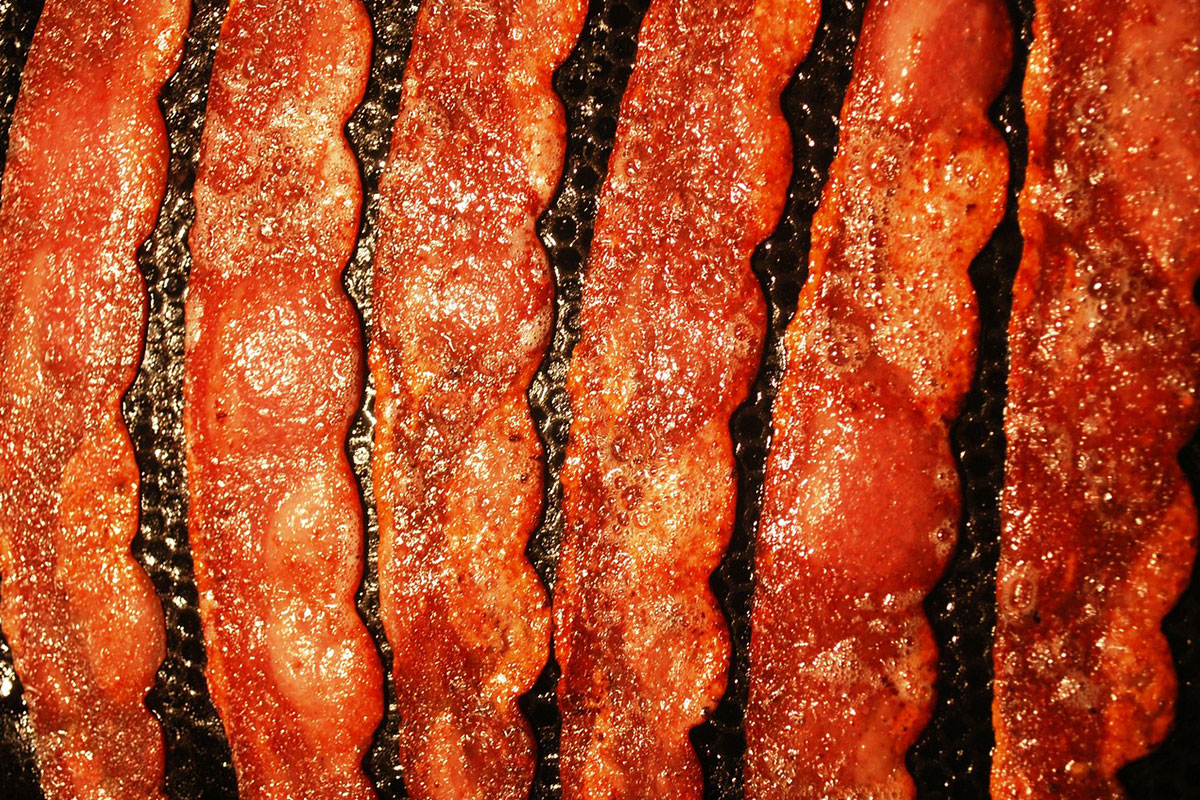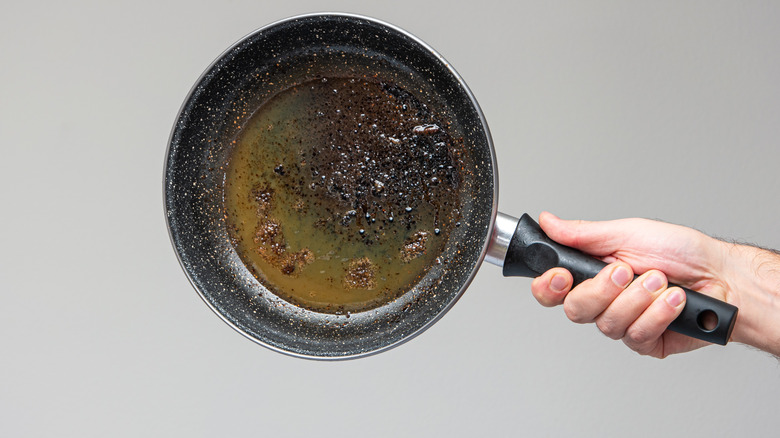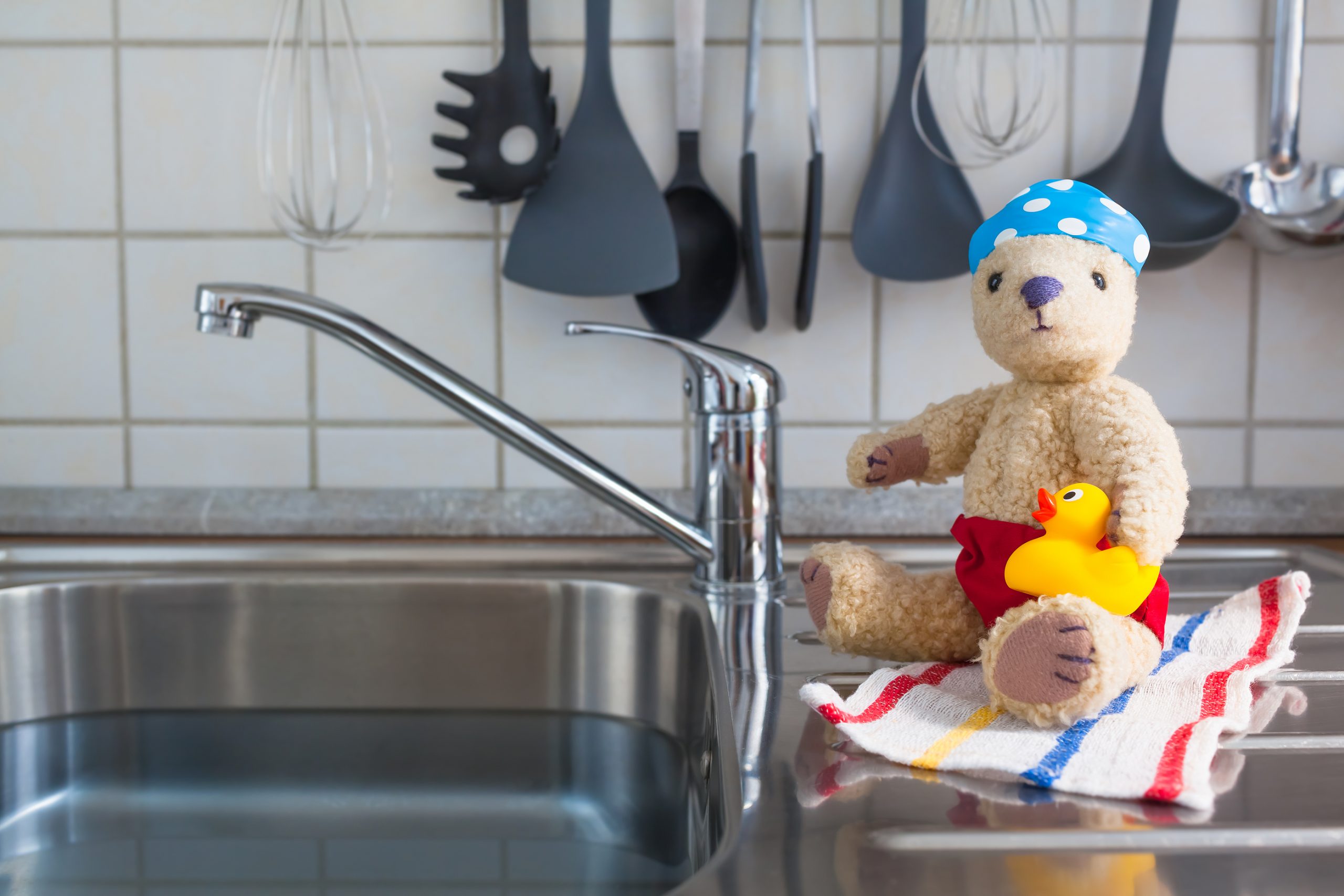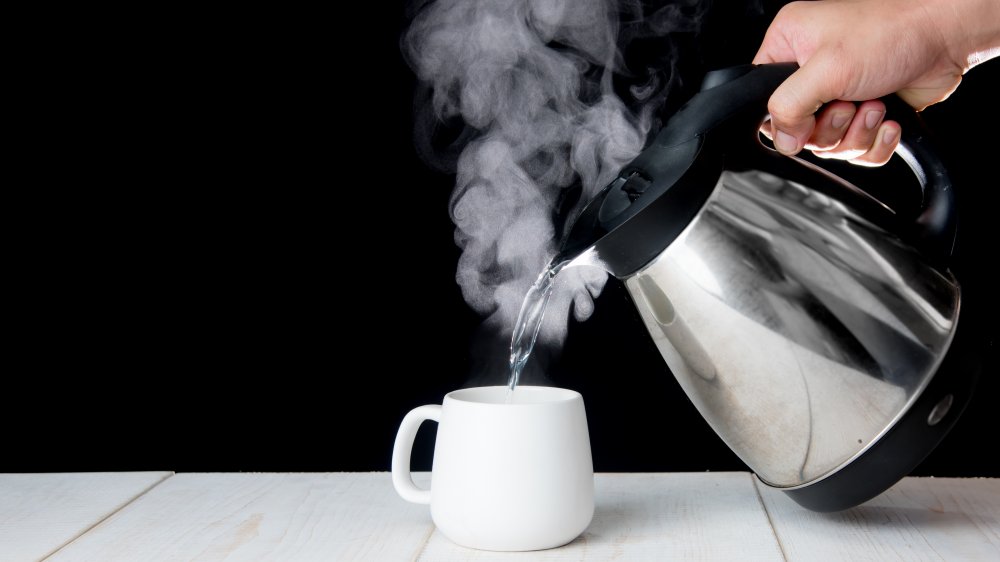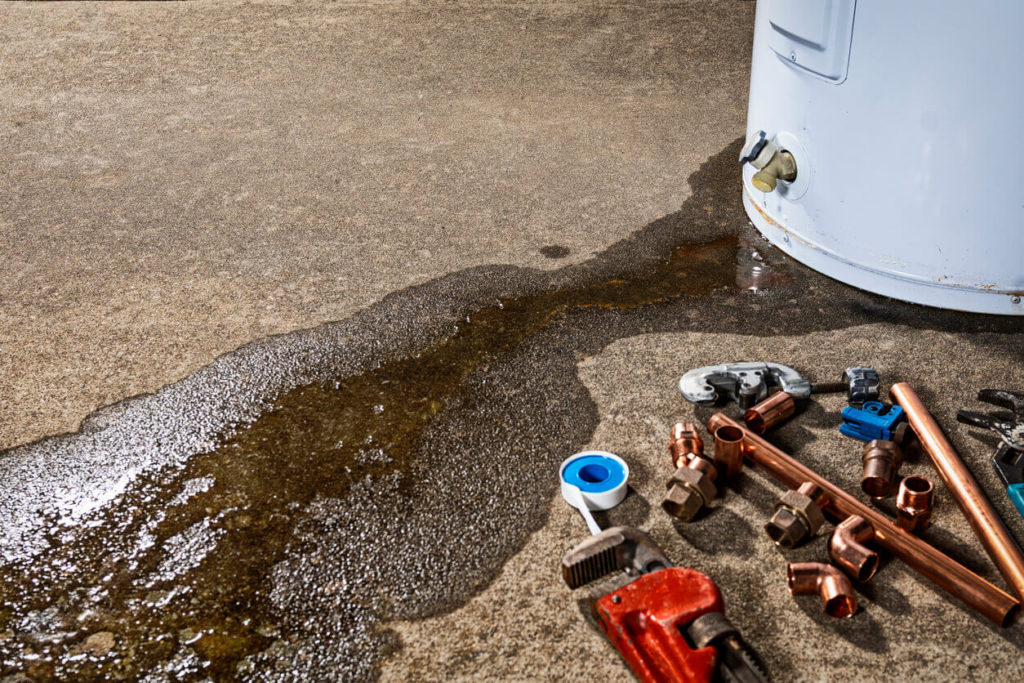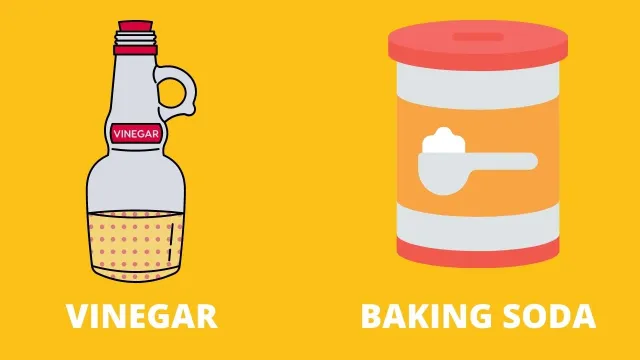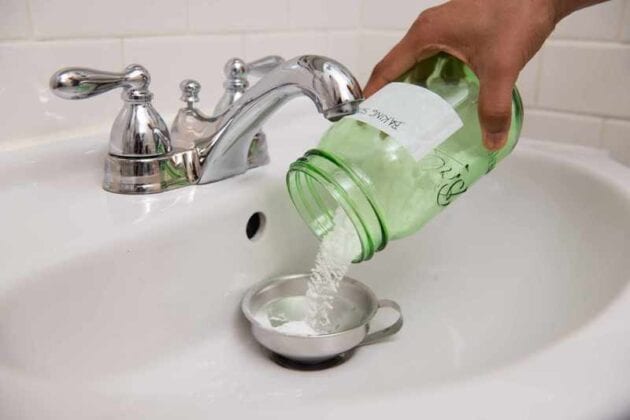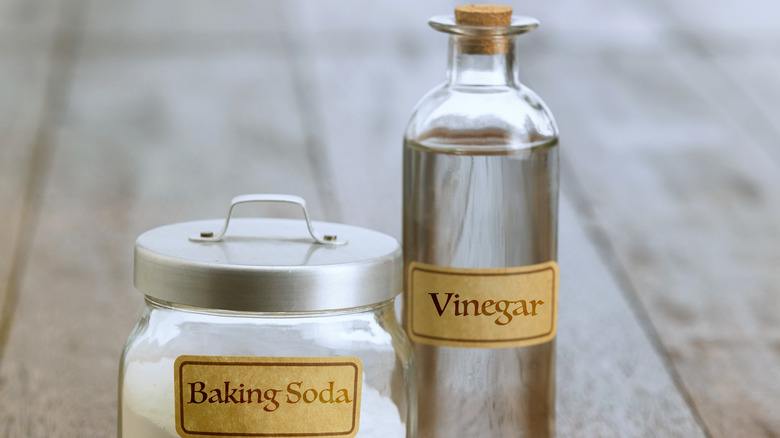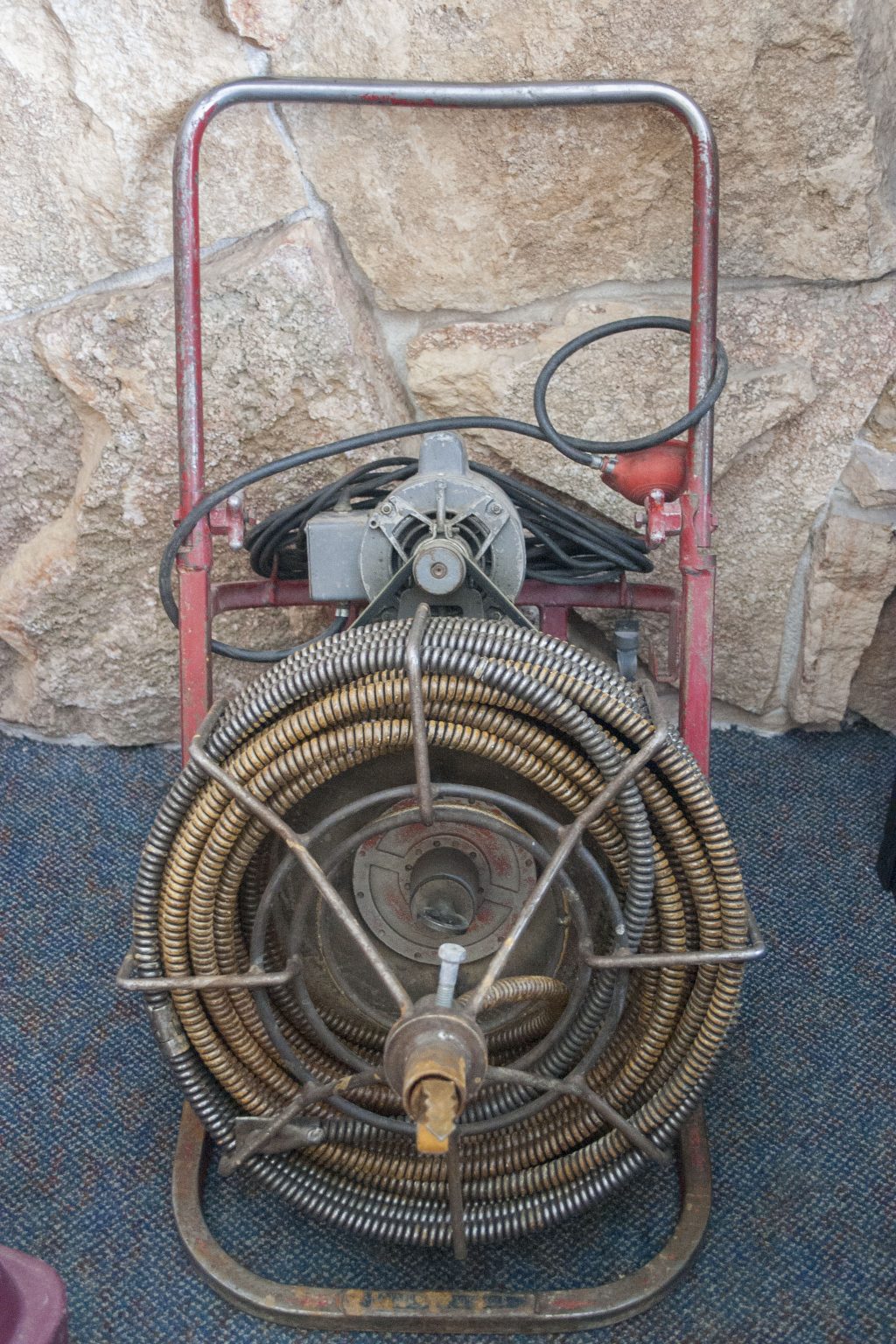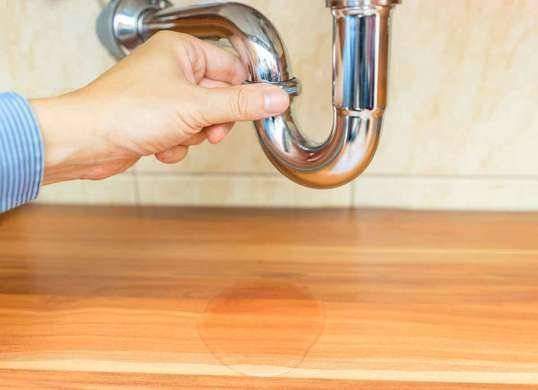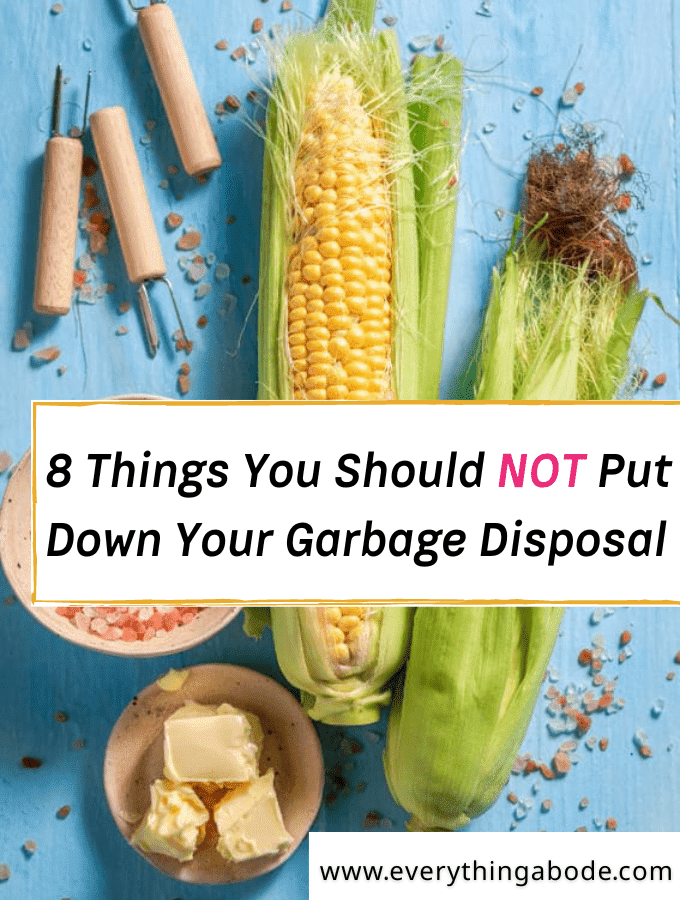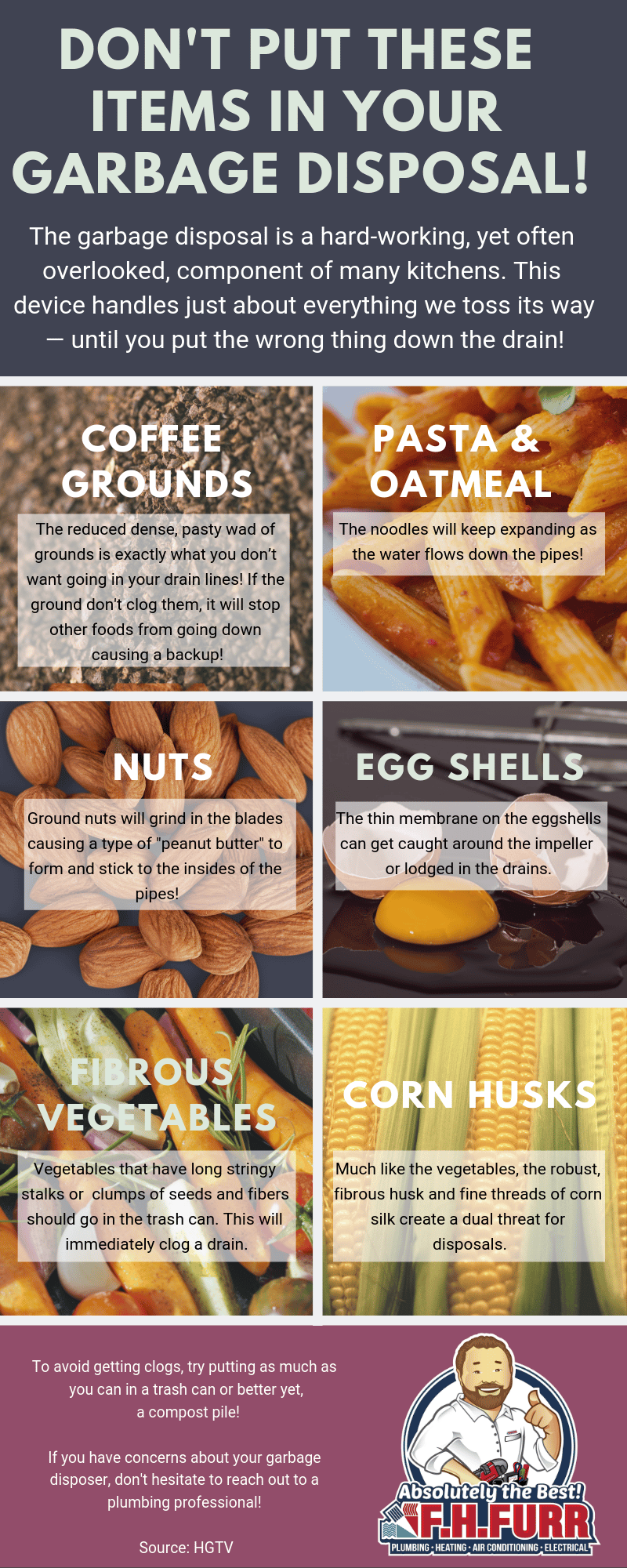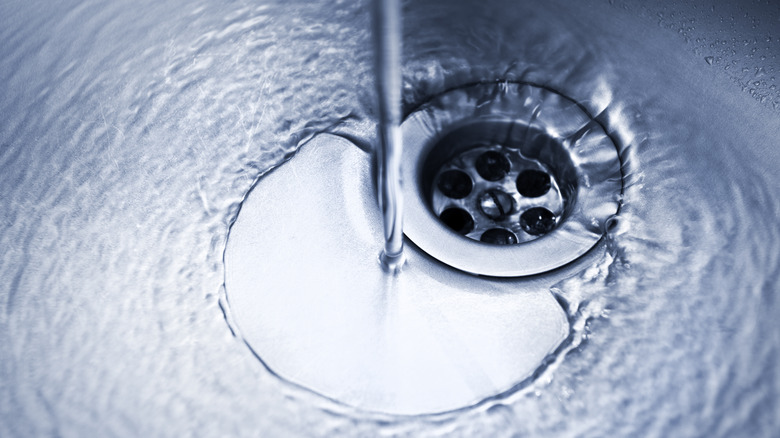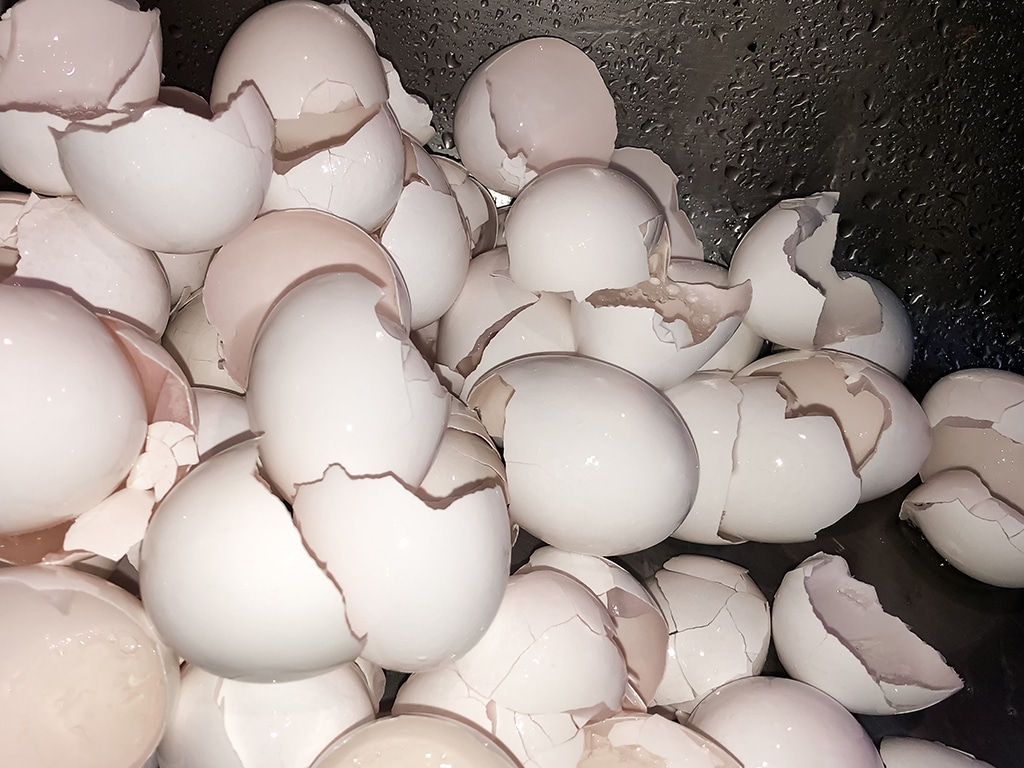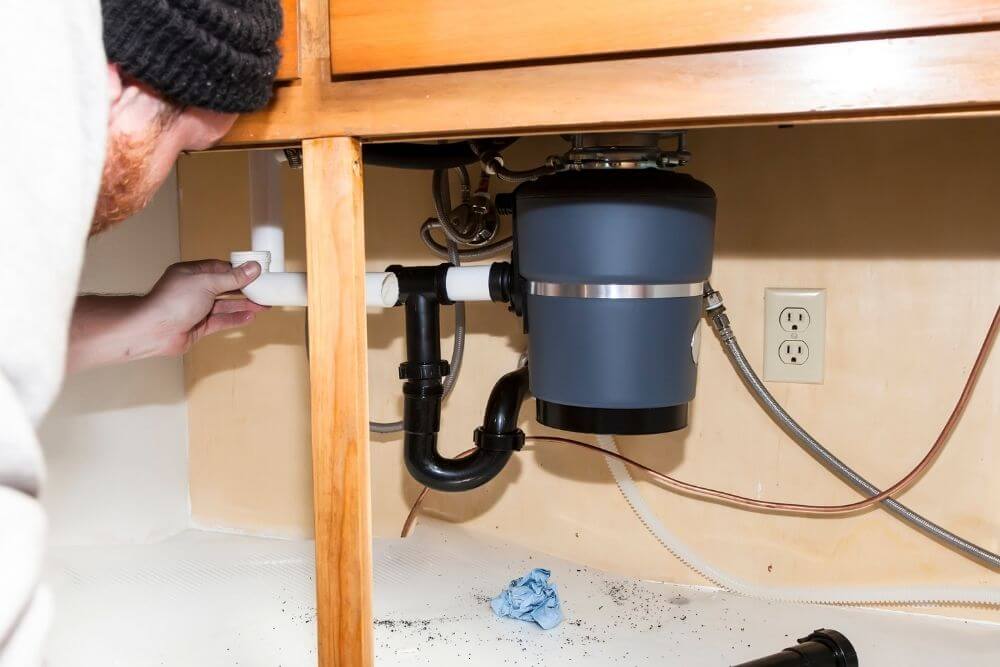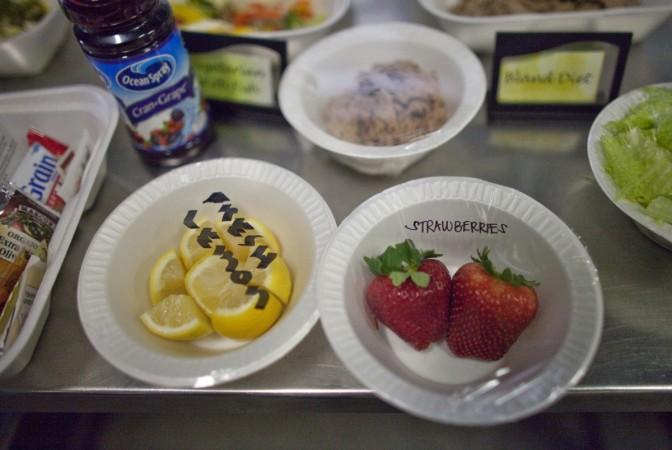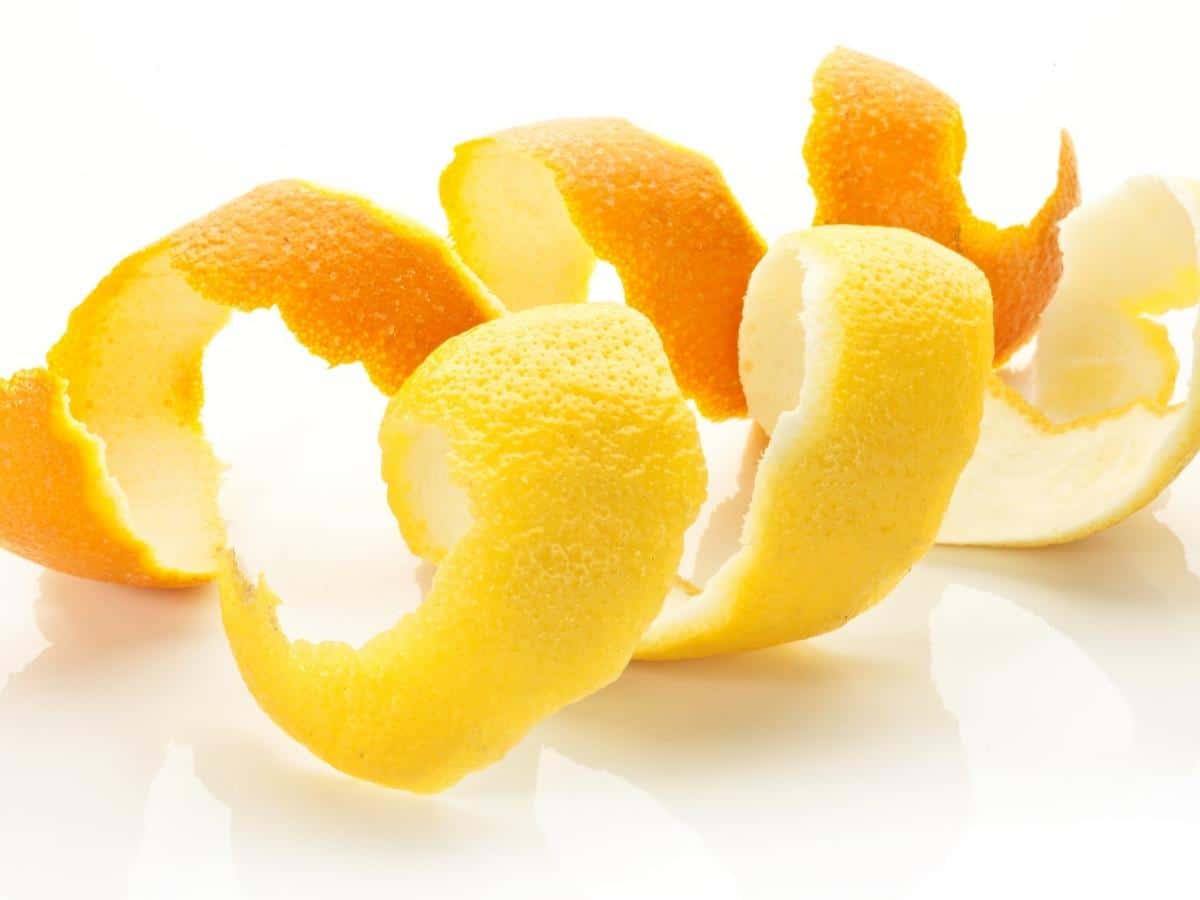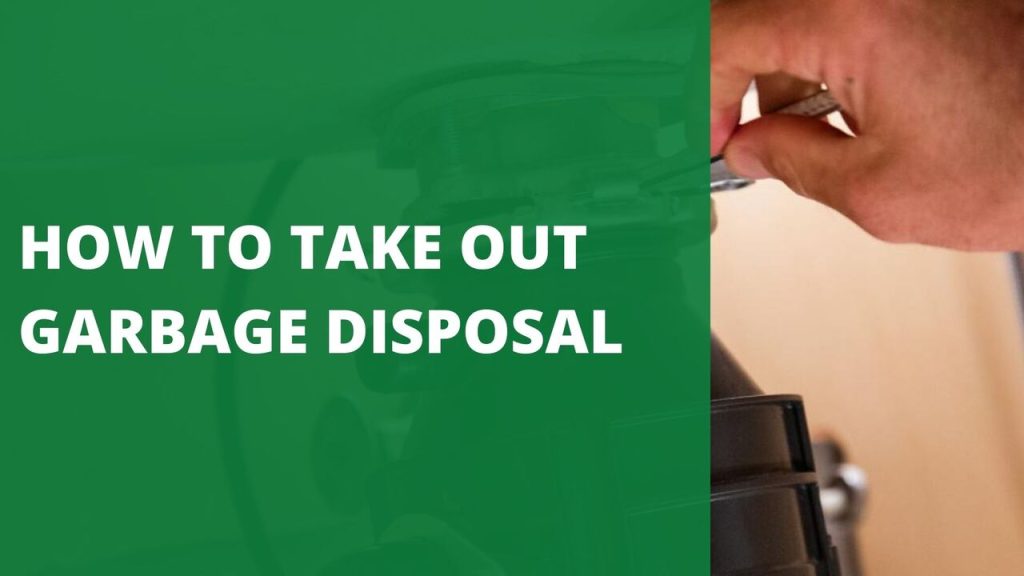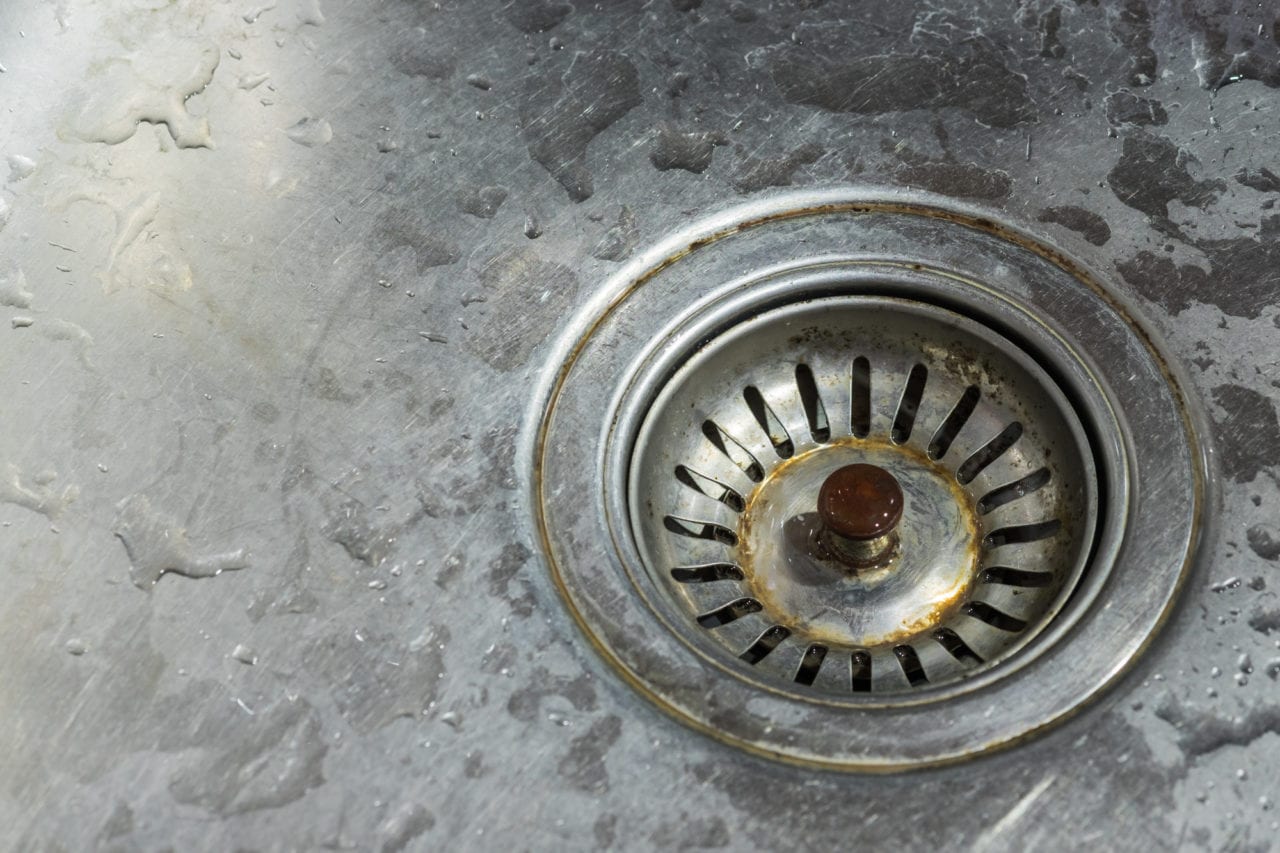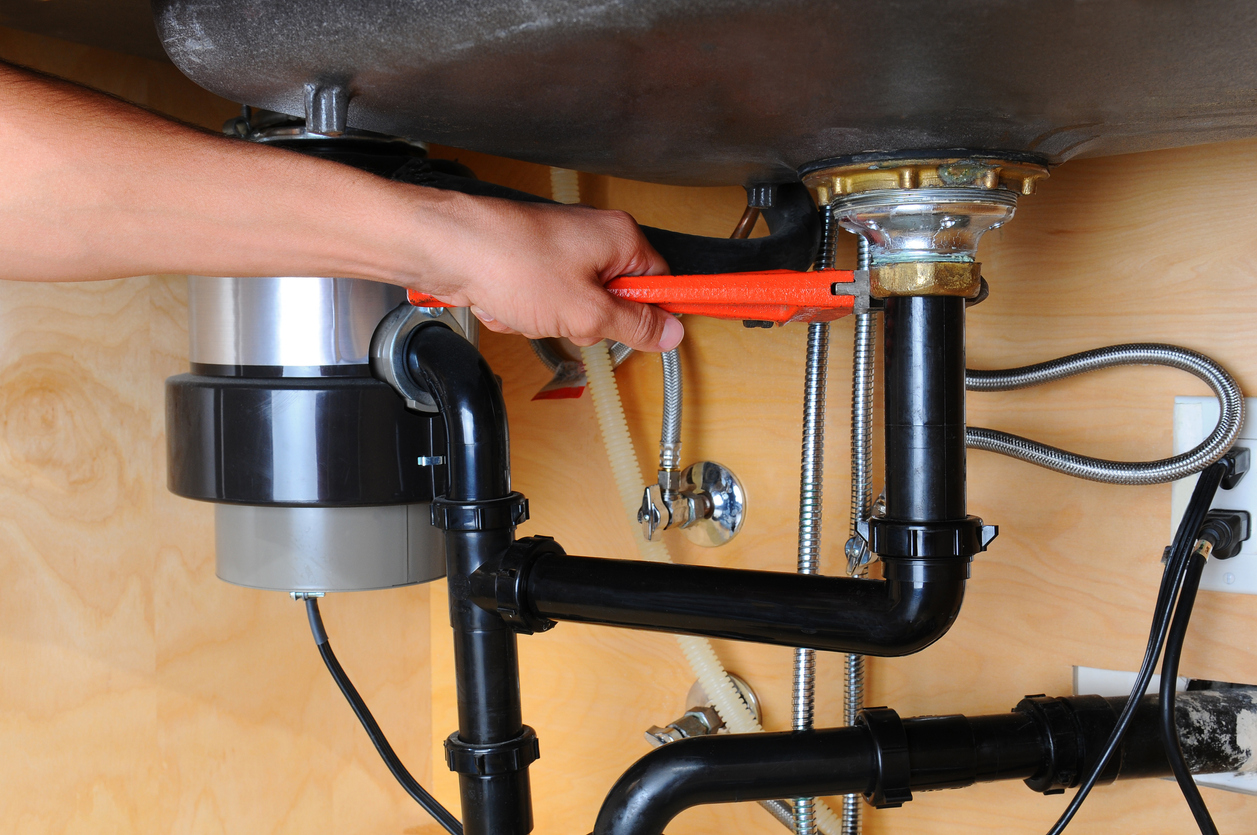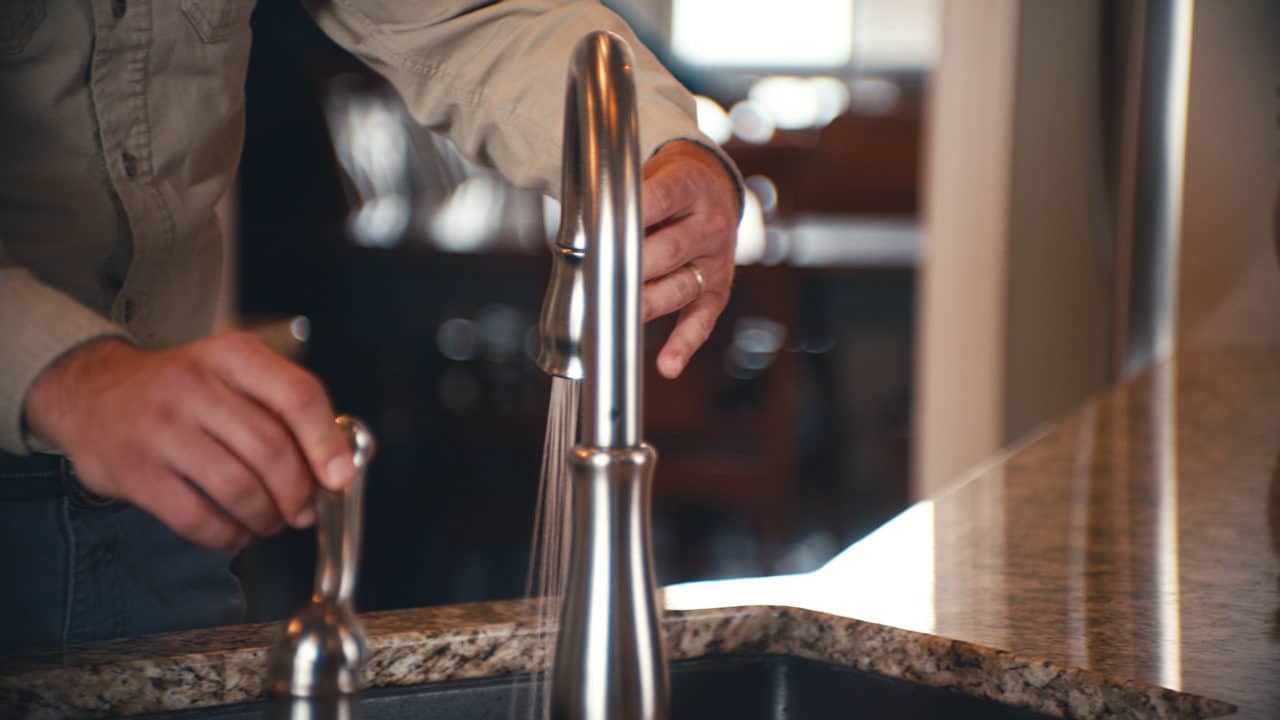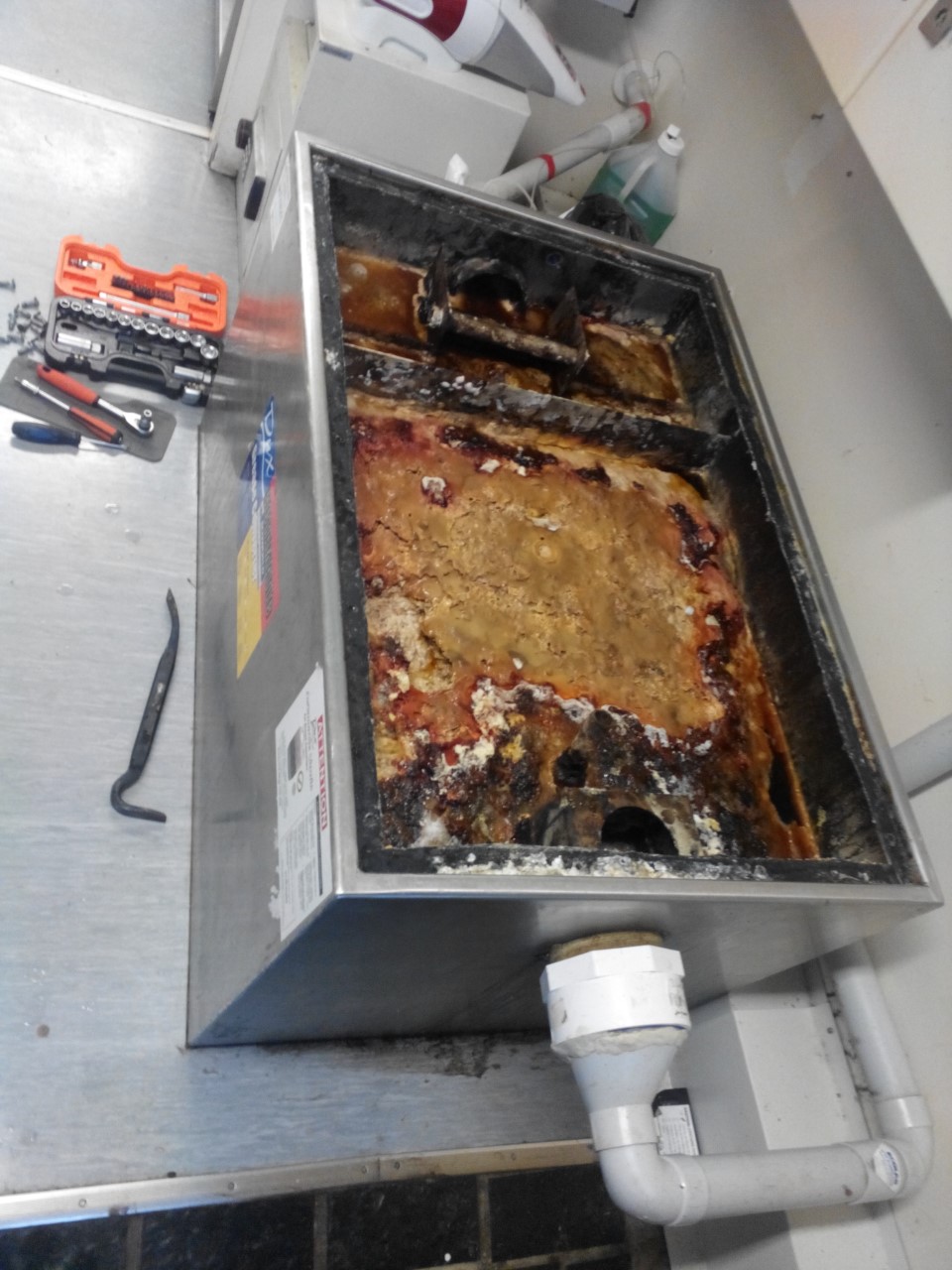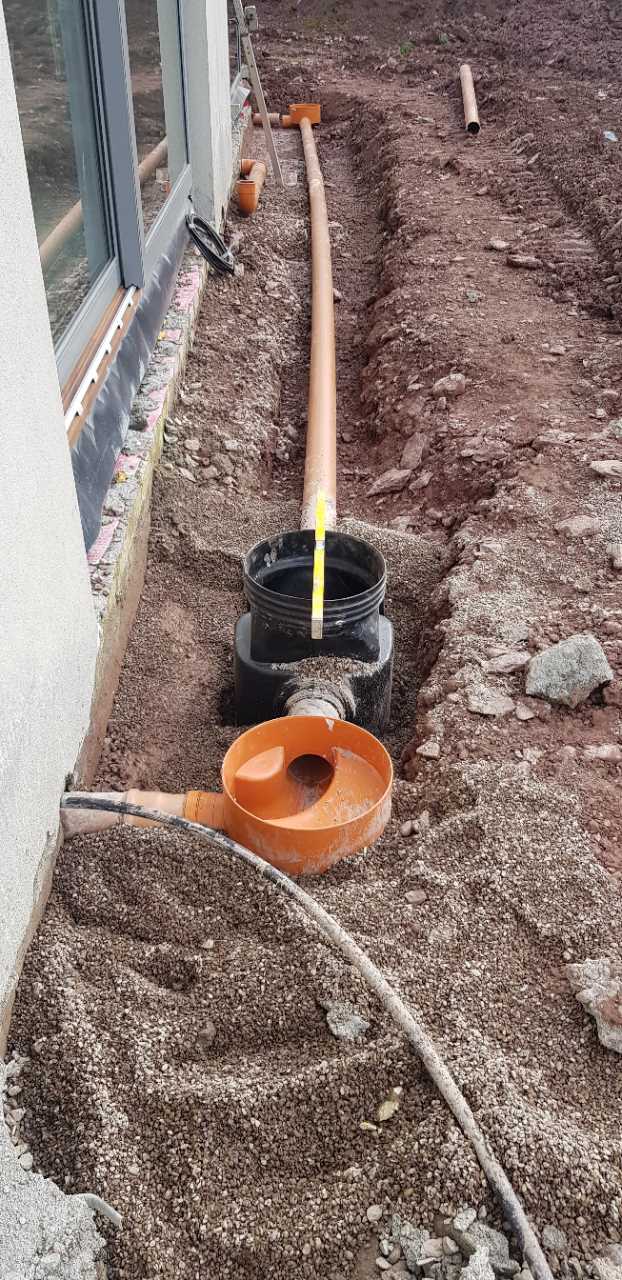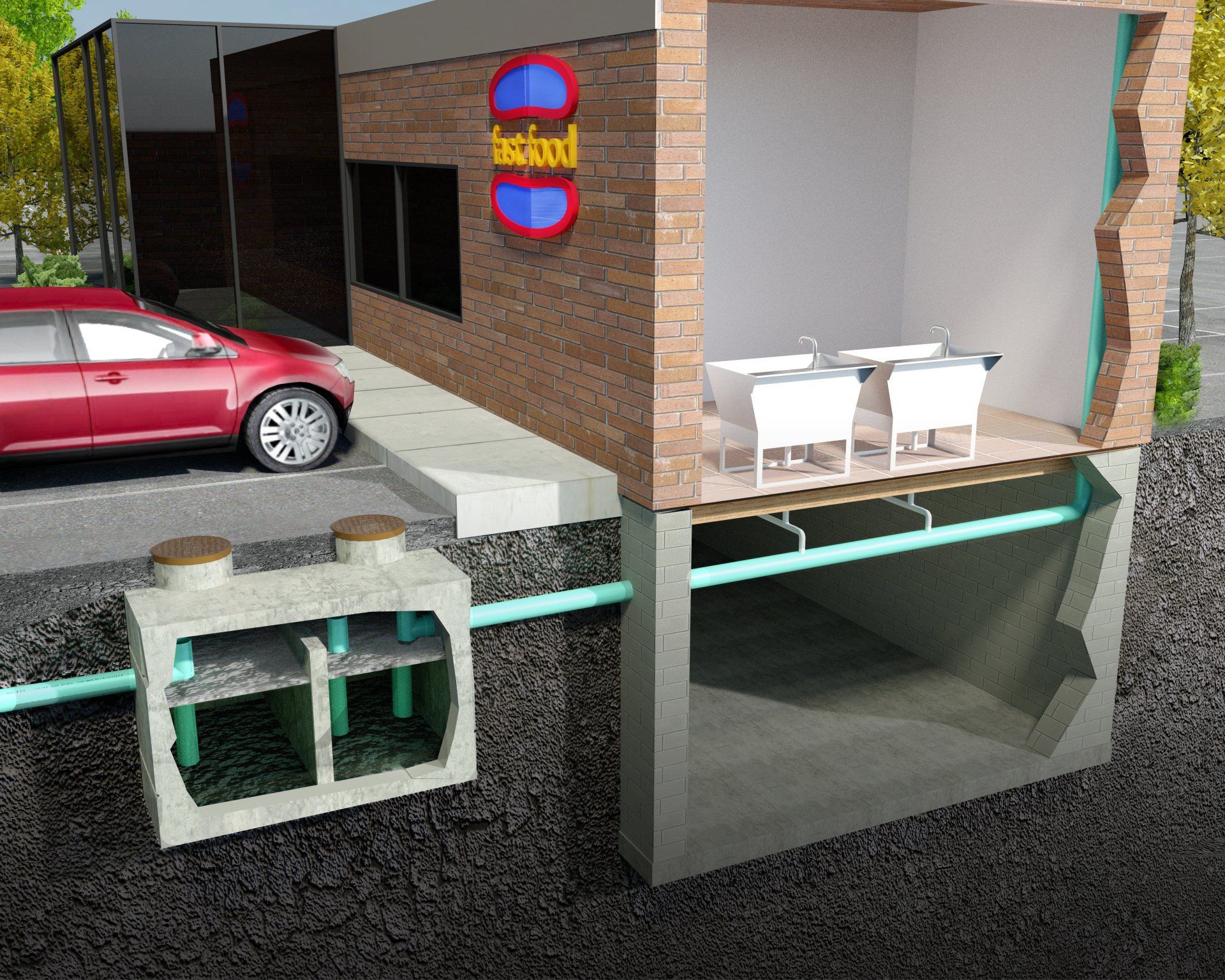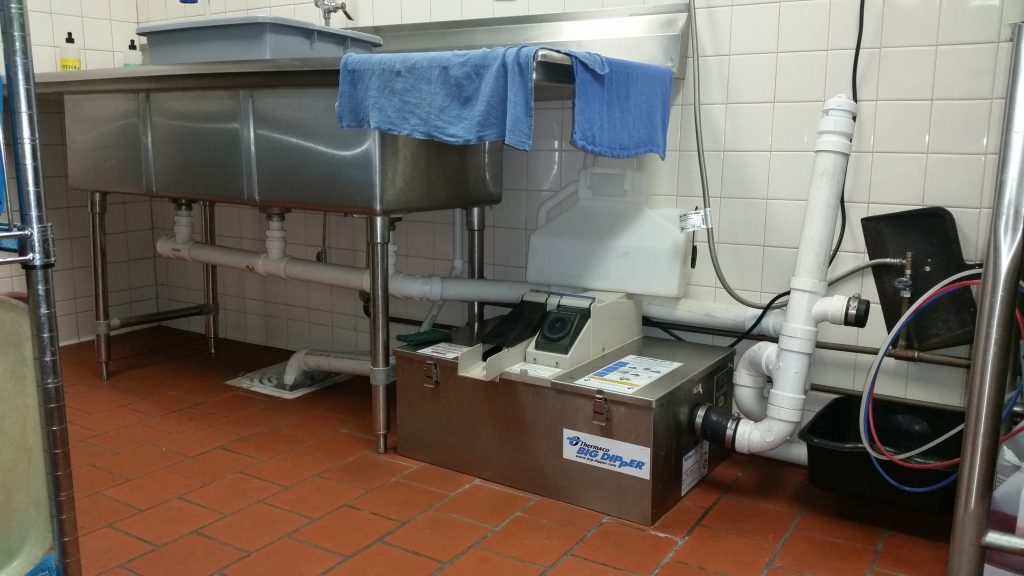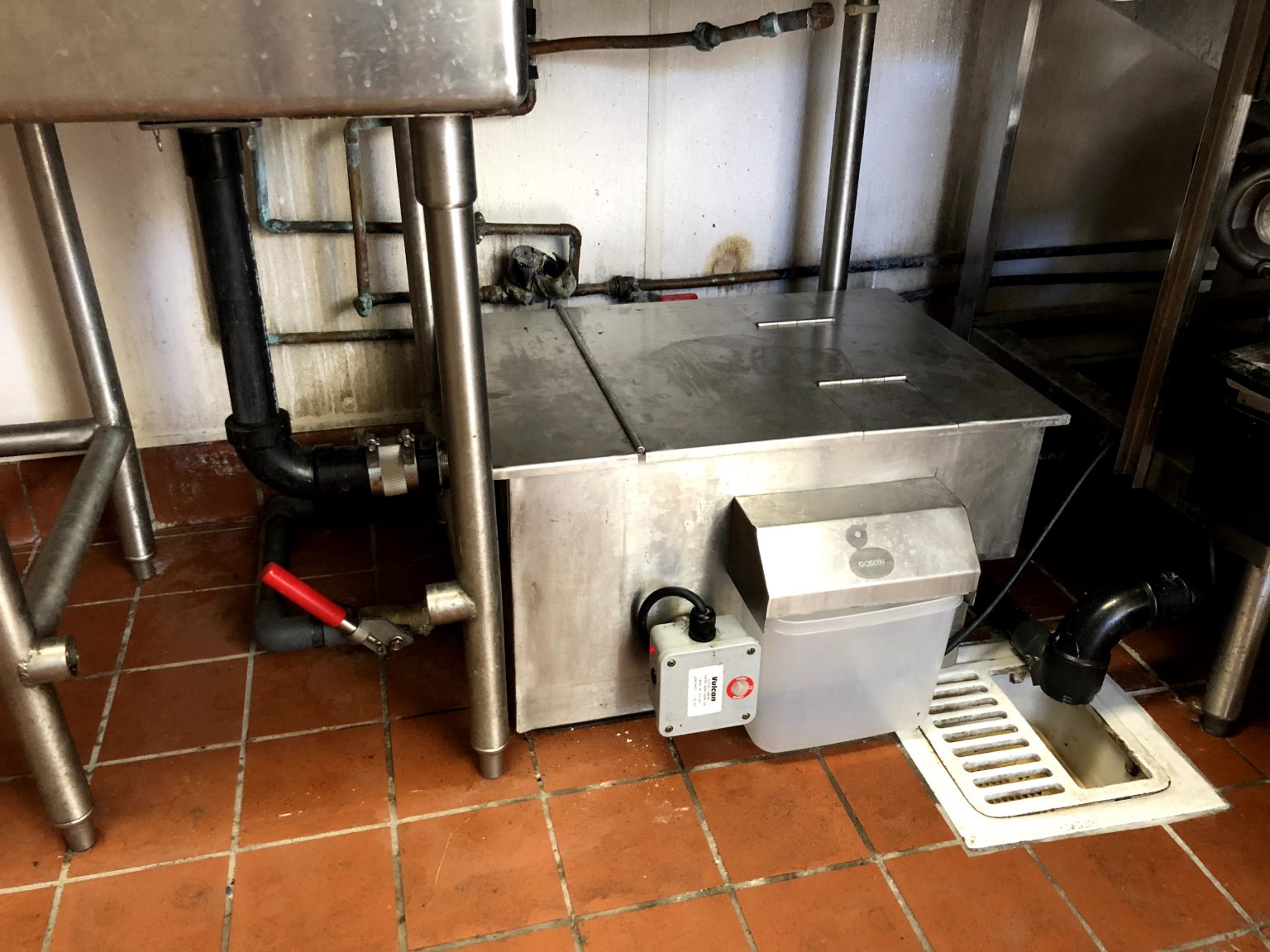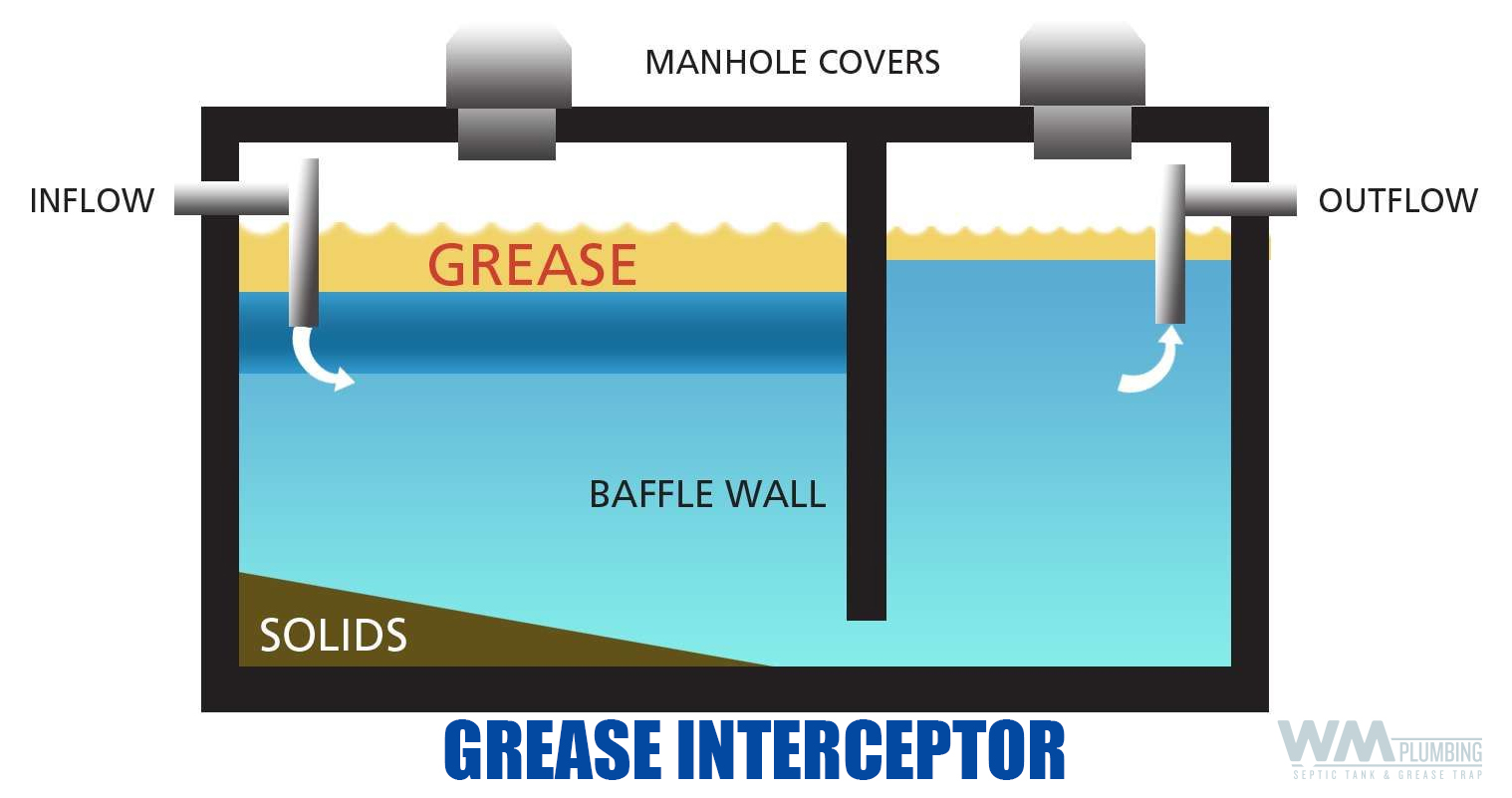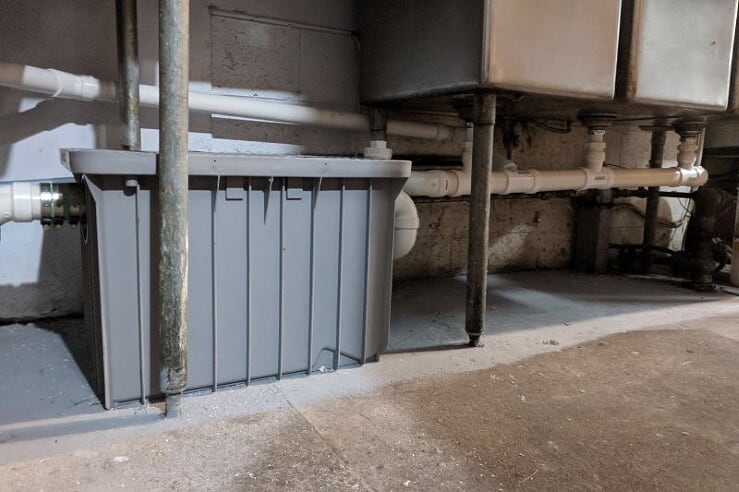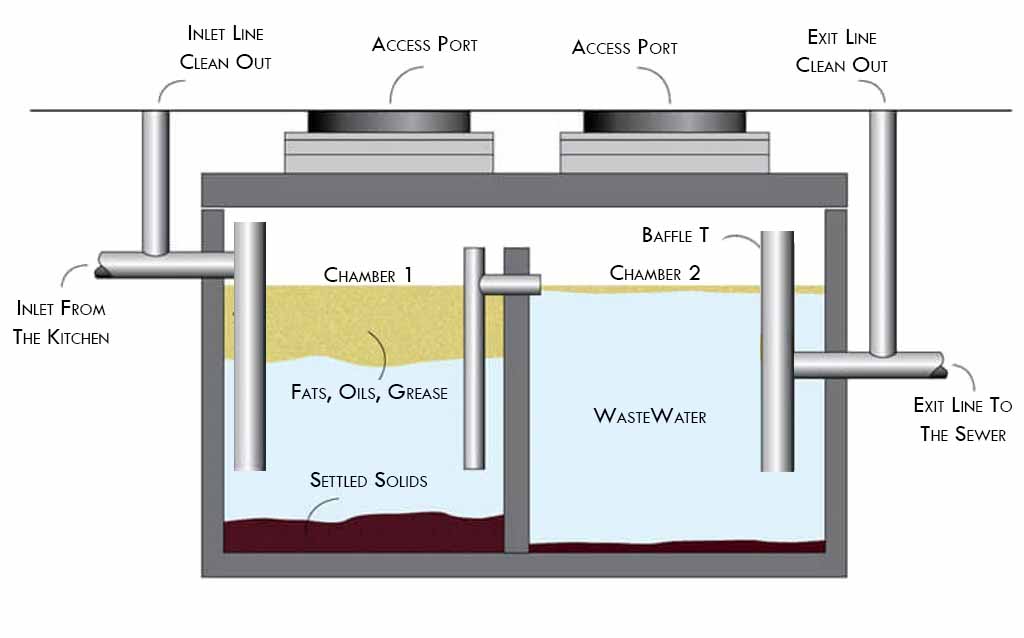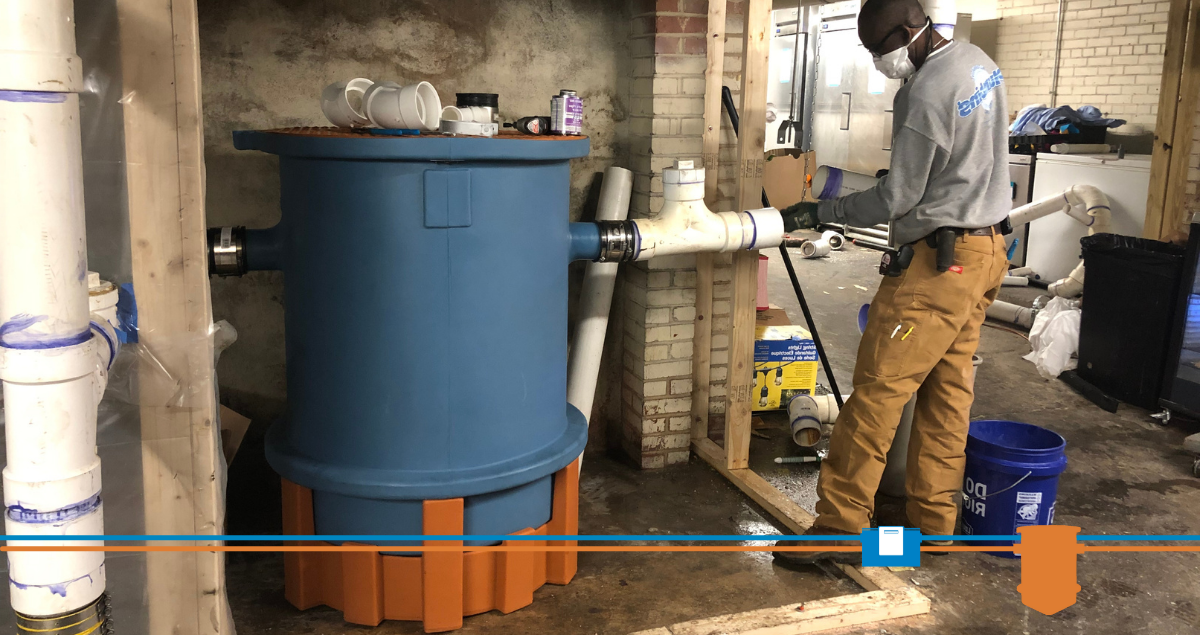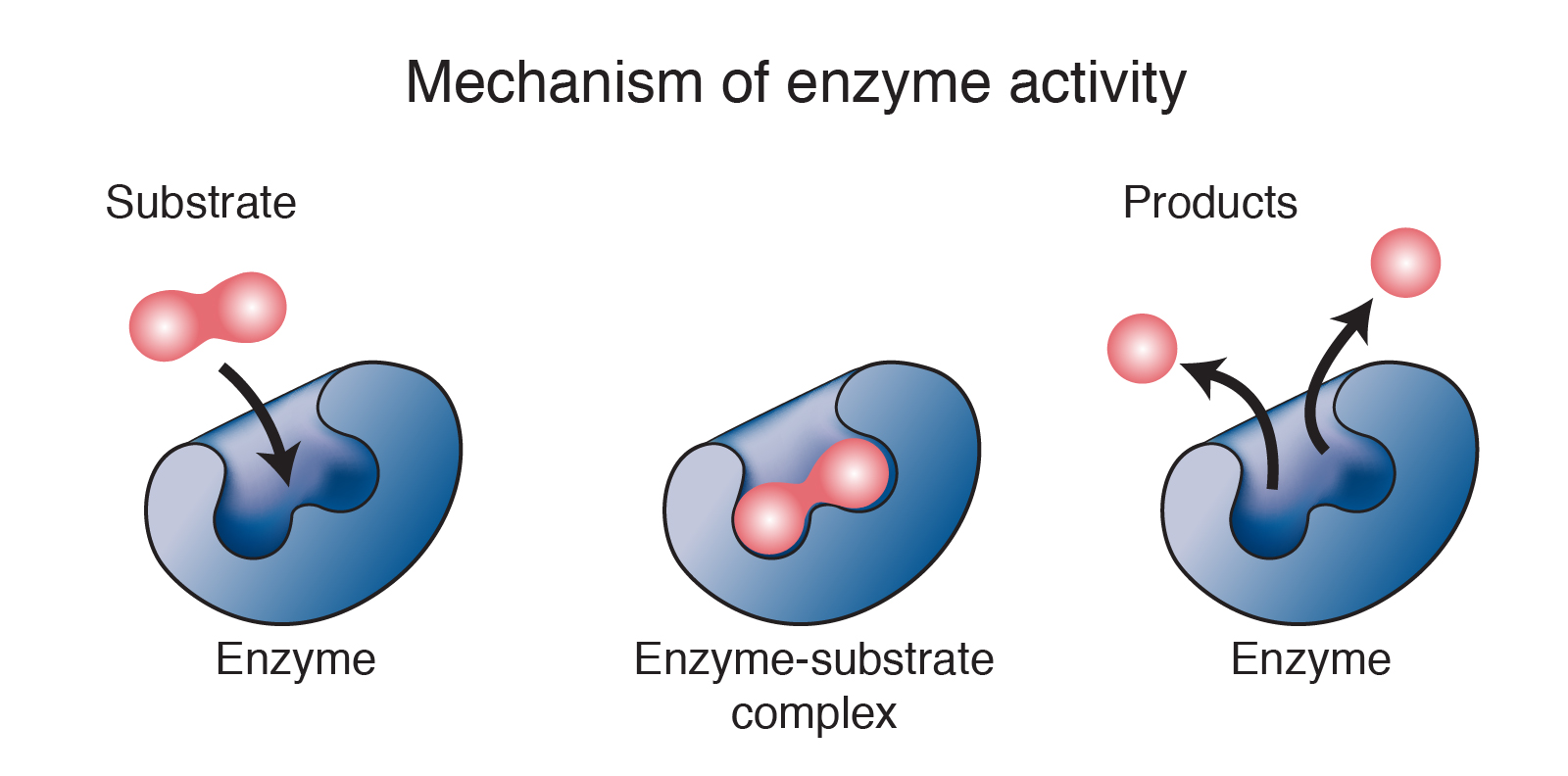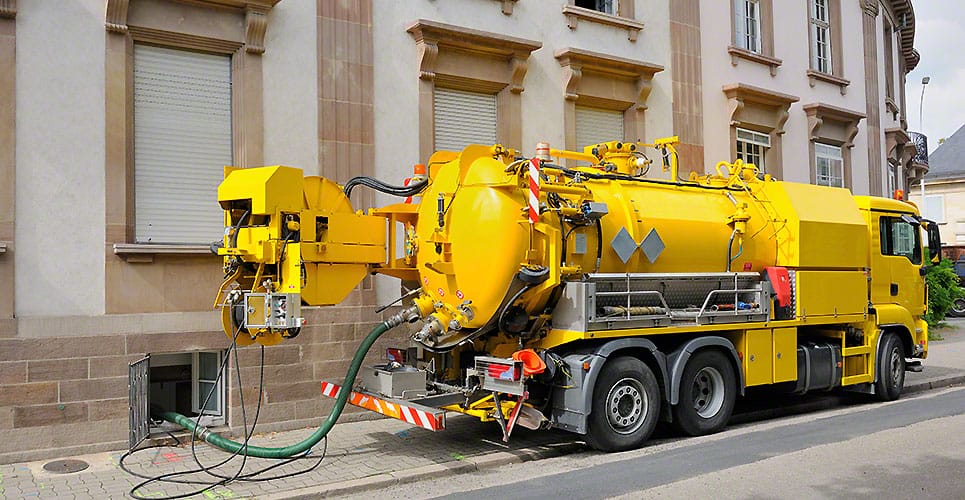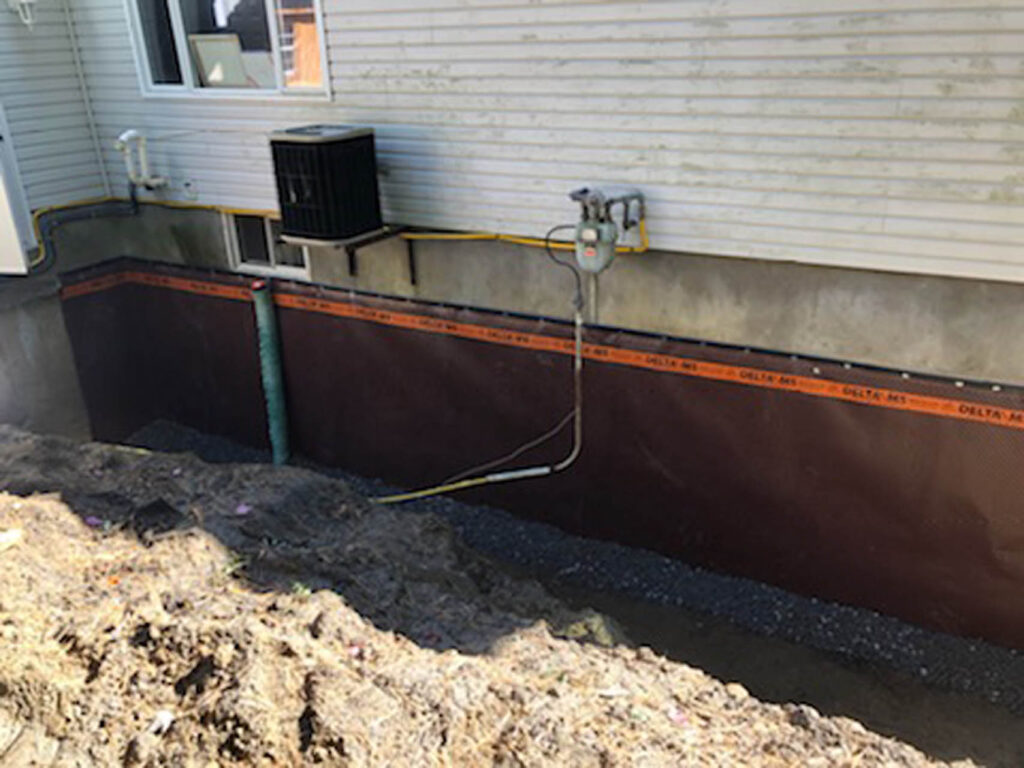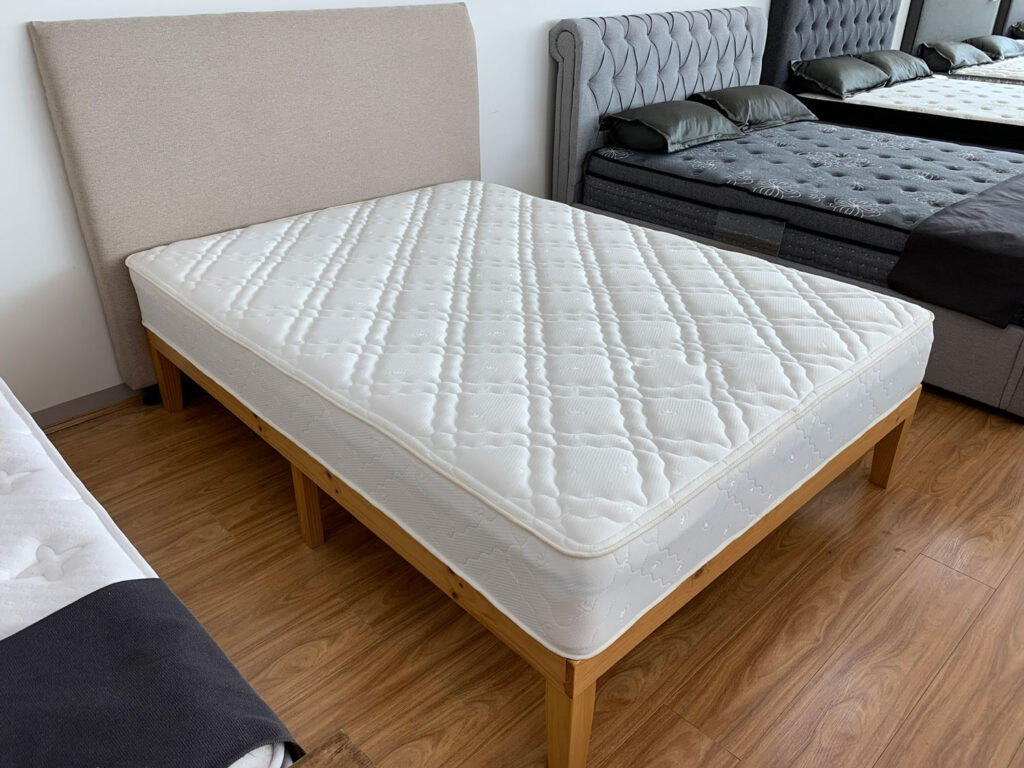1. Use a drain strainer to catch debris
One of the most common causes of kitchen sink clogs is the buildup of debris and food particles. To prevent this from happening, it's important to use a drain strainer. These inexpensive devices sit on top of your drain and catch any large particles that could potentially clog your pipes. Simply remove the strainer after each use and dispose of any debris in the trash.
2. Avoid pouring grease down the sink
Grease is one of the biggest culprits when it comes to clogged kitchen sinks. When hot grease cools and solidifies in your pipes, it can cause a major blockage. Instead of pouring it down the sink, pour it into a container and dispose of it in the trash once it has solidified. You can also wipe excess grease off of dishes with a paper towel before washing them in the sink.
3. Run hot water after each use
Running hot water after each use of your kitchen sink can help prevent clogs from forming. The hot water helps to dissolve and wash away any small particles or residue that may have accumulated in the pipes. It's a simple and effective way to keep your sink clog-free.
4. Use a mixture of baking soda and vinegar
If you notice your sink is draining slowly, a mixture of baking soda and vinegar can help break down any buildup in your pipes. Simply pour half a cup of baking soda down the drain, followed by a cup of vinegar. Let it sit for about 30 minutes, then flush with hot water. The chemical reaction between the two ingredients helps to dissolve any clogs and keep your sink running smoothly.
5. Try using a plunger
If you have a stubborn clog, a plunger can be a useful tool to dislodge it. Fill your sink with enough water to cover the plunger, then place it over the drain and plunge vigorously. This creates suction and pressure that can help break up the clog and allow it to move through the pipes.
6. Use a plumbing snake to remove clogs
If a plunger doesn't work, you may need to use a plumbing snake to remove the clog. A plumbing snake, also known as an auger, is a long, flexible wire with a corkscrew-like end that can thread through your pipes and break up any blockages. Insert the snake into your drain and turn the handle to maneuver it through the pipes. Once you feel resistance, twist and push to dislodge the clog.
7. Avoid putting fibrous foods down the disposal
While garbage disposals are convenient for disposing of food scraps, they can also contribute to clogs if not used properly. Avoid putting fibrous foods such as celery, potato peels, and corn husks down the disposal, as they can get tangled and clog the pipes. Instead, dispose of these items in the trash.
8. Regularly clean and maintain your garbage disposal
To keep your garbage disposal running smoothly, it's important to clean and maintain it regularly. Every few weeks, pour a cup of ice cubes and a cup of rock salt down the disposal, then run it with cold water for about 30 seconds. This helps to remove any buildup and sharpens the blades. You can also use citrus peels to freshen up the disposal and keep it smelling clean.
9. Install a grease trap
If you frequently cook with oils and fats, consider installing a grease trap in your kitchen sink. This device collects grease and oils before they can enter your pipes, preventing clogs and potential damage to your plumbing system. Make sure to empty the trap regularly to maintain its effectiveness.
10. Consider using enzyme-based drain cleaners
If you prefer to use drain cleaners, opt for enzyme-based products instead of chemical ones. These cleaners use natural enzymes to break down organic material in your pipes, rather than harsh chemicals that can cause damage. They are also safer for the environment and your plumbing system in the long run.
By following these tips and implementing good habits, you can prevent your kitchen sink from clogging up and avoid the hassle and expense of dealing with a major blockage. Remember to use a drain strainer, avoid pouring grease down the sink, run hot water regularly, and use natural cleaning methods to keep your sink functioning properly. Your pipes will thank you!
Why Proper Kitchen Sink Maintenance is Essential for a Functional Home

The Importance of a Clear Drain
 Proper maintenance of kitchen sinks is often overlooked, but it is a crucial aspect of keeping a functional and clean home. When a sink becomes clogged, it can cause a multitude of problems, including foul odors, standing water, and even damage to your pipes. Not to mention the inconvenience and frustration of not being able to use your sink. By taking simple preventive measures, you can avoid the headache and expense of dealing with a clogged kitchen sink.
Proper maintenance of kitchen sinks is often overlooked, but it is a crucial aspect of keeping a functional and clean home. When a sink becomes clogged, it can cause a multitude of problems, including foul odors, standing water, and even damage to your pipes. Not to mention the inconvenience and frustration of not being able to use your sink. By taking simple preventive measures, you can avoid the headache and expense of dealing with a clogged kitchen sink.
The Culprits of Clogged Sinks
 There are several common culprits that can lead to a clogged kitchen sink. These include food scraps, grease and oil, and even foreign objects such as utensils and jewelry. Over time, these substances can build up in your pipes, causing blockages and hindering the flow of water. While it may seem like a minor inconvenience, a clogged sink can lead to larger issues such as leaks and water damage, which can be costly to repair.
There are several common culprits that can lead to a clogged kitchen sink. These include food scraps, grease and oil, and even foreign objects such as utensils and jewelry. Over time, these substances can build up in your pipes, causing blockages and hindering the flow of water. While it may seem like a minor inconvenience, a clogged sink can lead to larger issues such as leaks and water damage, which can be costly to repair.
Preventing Clogs with Simple Maintenance
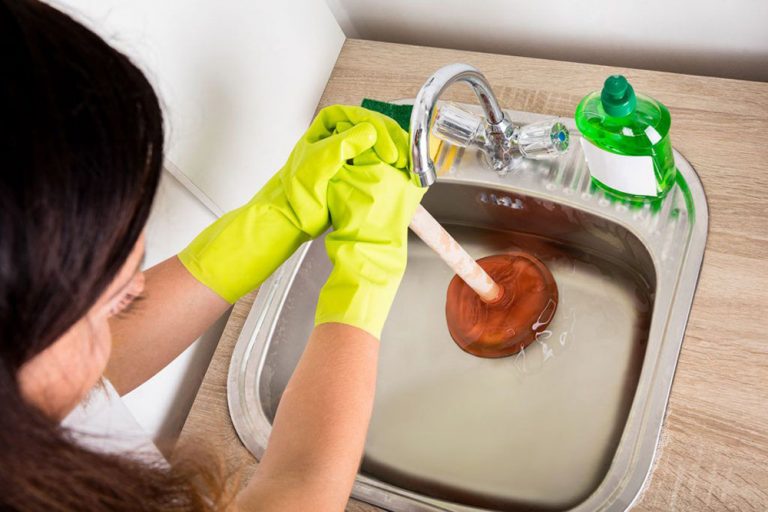 Thankfully, preventing clogs in your kitchen sink is relatively easy and can save you a lot of hassle in the long run. Proper maintenance includes regularly clearing out food scraps and debris from your sink, as well as using a drain trap to catch any larger items that may accidentally go down the drain. Additionally, avoid pouring grease and oil down the sink as they can solidify and cause blockages. By taking these simple steps, you can keep your kitchen sink running smoothly and avoid the need for costly repairs.
Thankfully, preventing clogs in your kitchen sink is relatively easy and can save you a lot of hassle in the long run. Proper maintenance includes regularly clearing out food scraps and debris from your sink, as well as using a drain trap to catch any larger items that may accidentally go down the drain. Additionally, avoid pouring grease and oil down the sink as they can solidify and cause blockages. By taking these simple steps, you can keep your kitchen sink running smoothly and avoid the need for costly repairs.
Investing in a Garbage Disposal
 Another way to prevent clogs in your kitchen sink is by investing in a garbage disposal. These handy appliances can grind up food scraps, making it easier for them to pass through your pipes without causing blockages. Just be sure to use it properly and avoid putting any non-food items down the disposal, as this can lead to clogs and damage to the appliance.
Another way to prevent clogs in your kitchen sink is by investing in a garbage disposal. These handy appliances can grind up food scraps, making it easier for them to pass through your pipes without causing blockages. Just be sure to use it properly and avoid putting any non-food items down the disposal, as this can lead to clogs and damage to the appliance.
Conclusion
 In conclusion, proper maintenance of your kitchen sink is essential for a functional and clean home. By taking simple preventive measures and investing in a garbage disposal, you can avoid the headache and expense of dealing with a clogged sink. Don’t overlook the importance of a clear drain – it will save you time, money, and frustration in the long run.
In conclusion, proper maintenance of your kitchen sink is essential for a functional and clean home. By taking simple preventive measures and investing in a garbage disposal, you can avoid the headache and expense of dealing with a clogged sink. Don’t overlook the importance of a clear drain – it will save you time, money, and frustration in the long run.


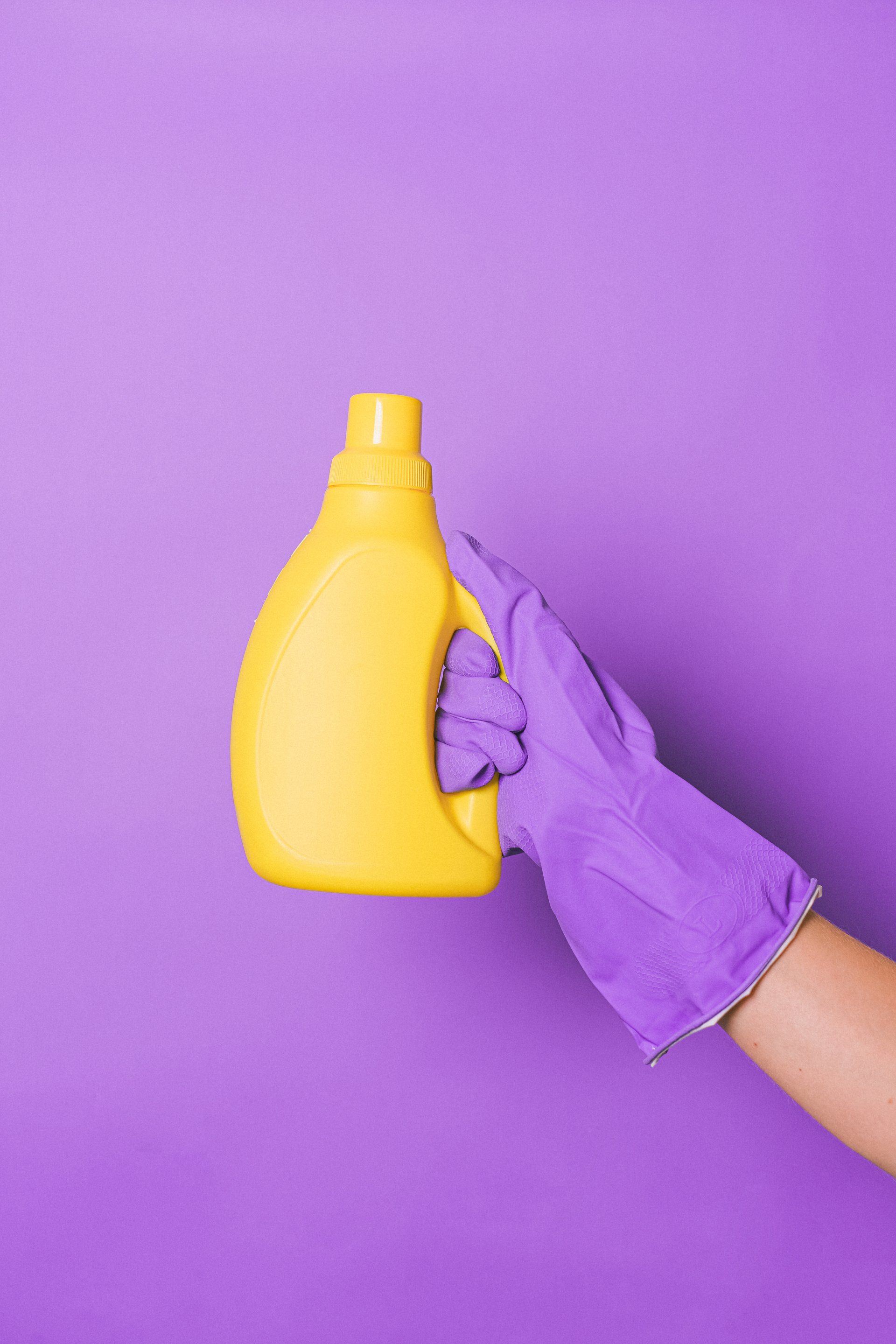
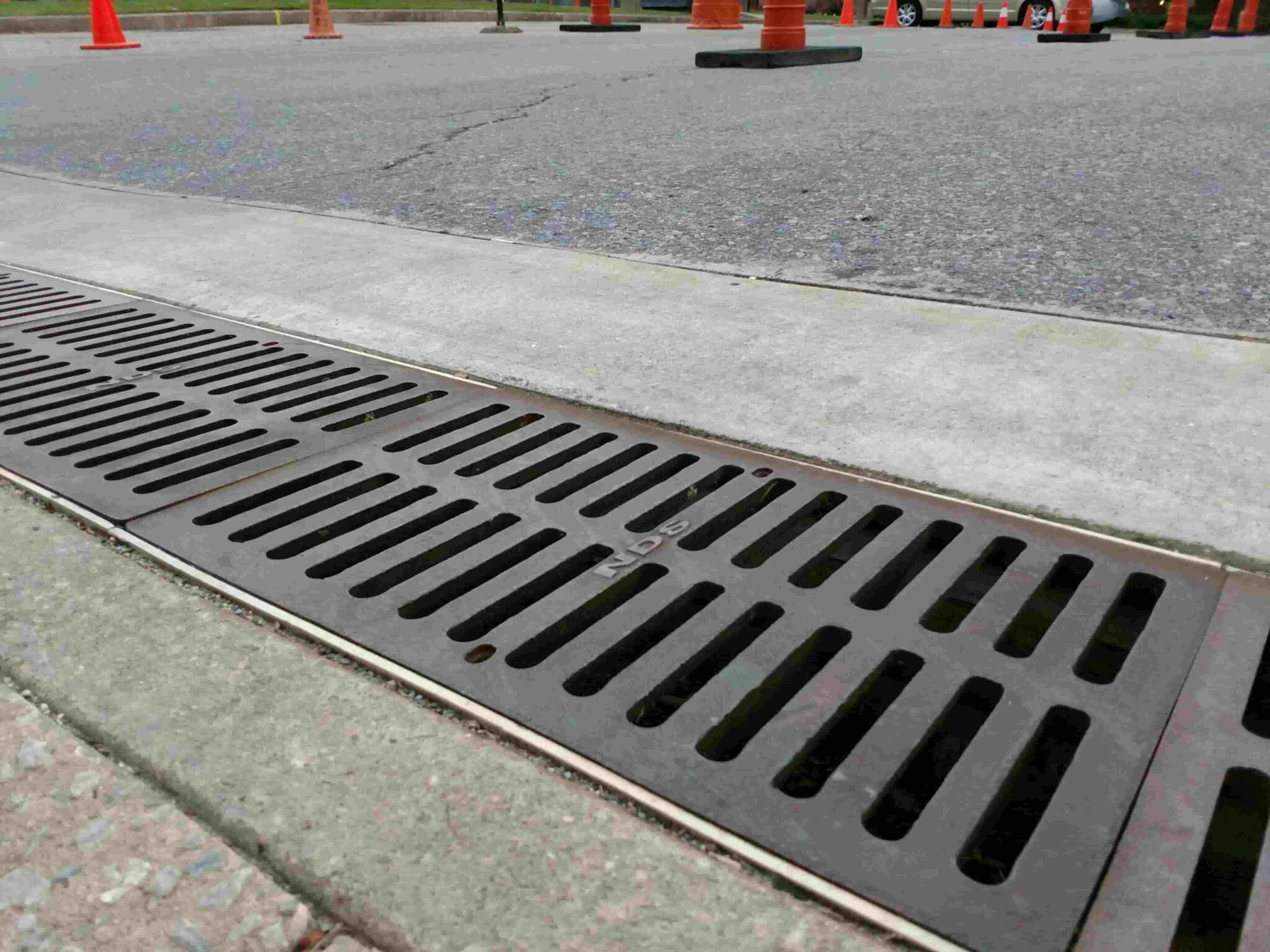
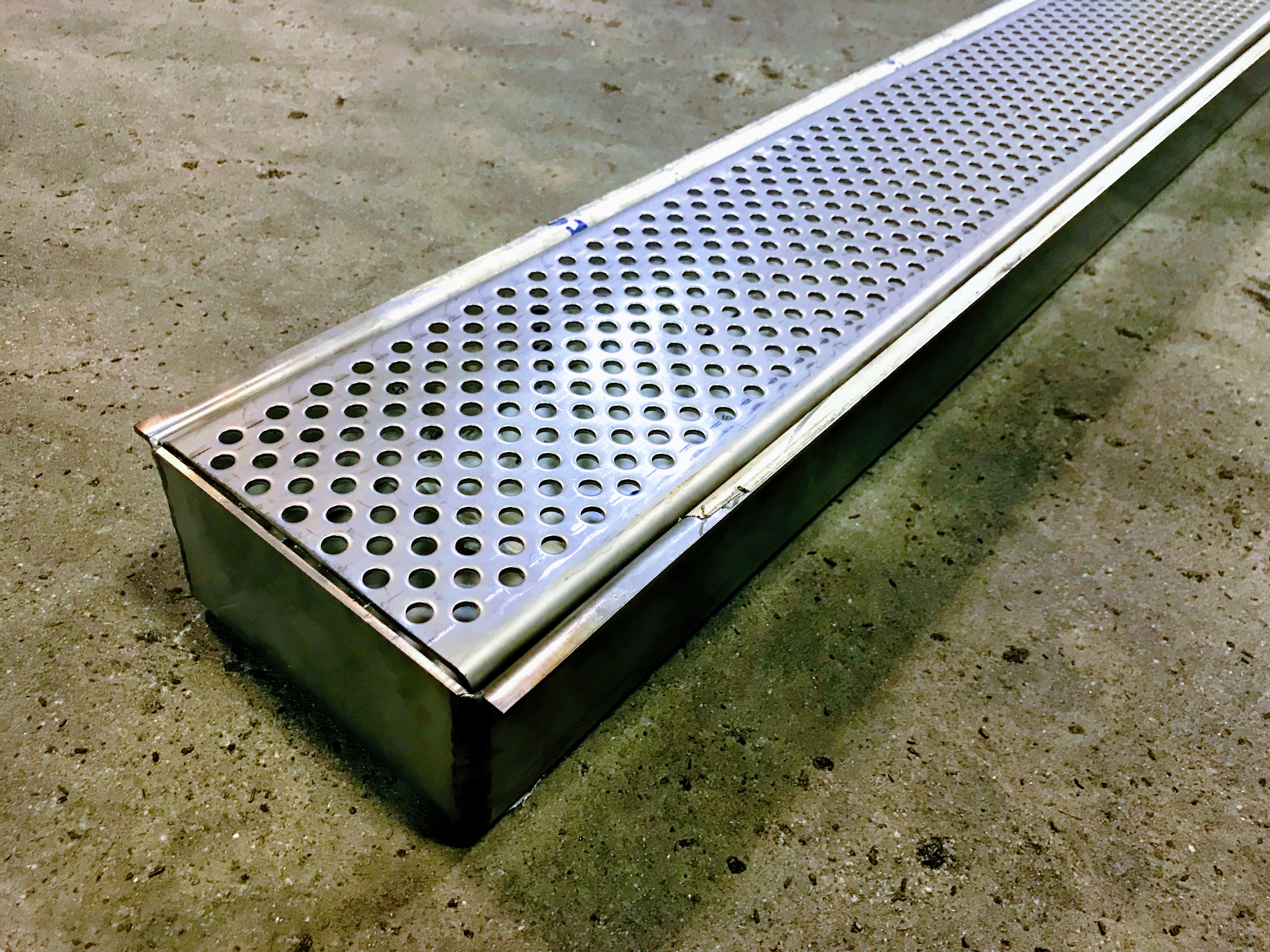
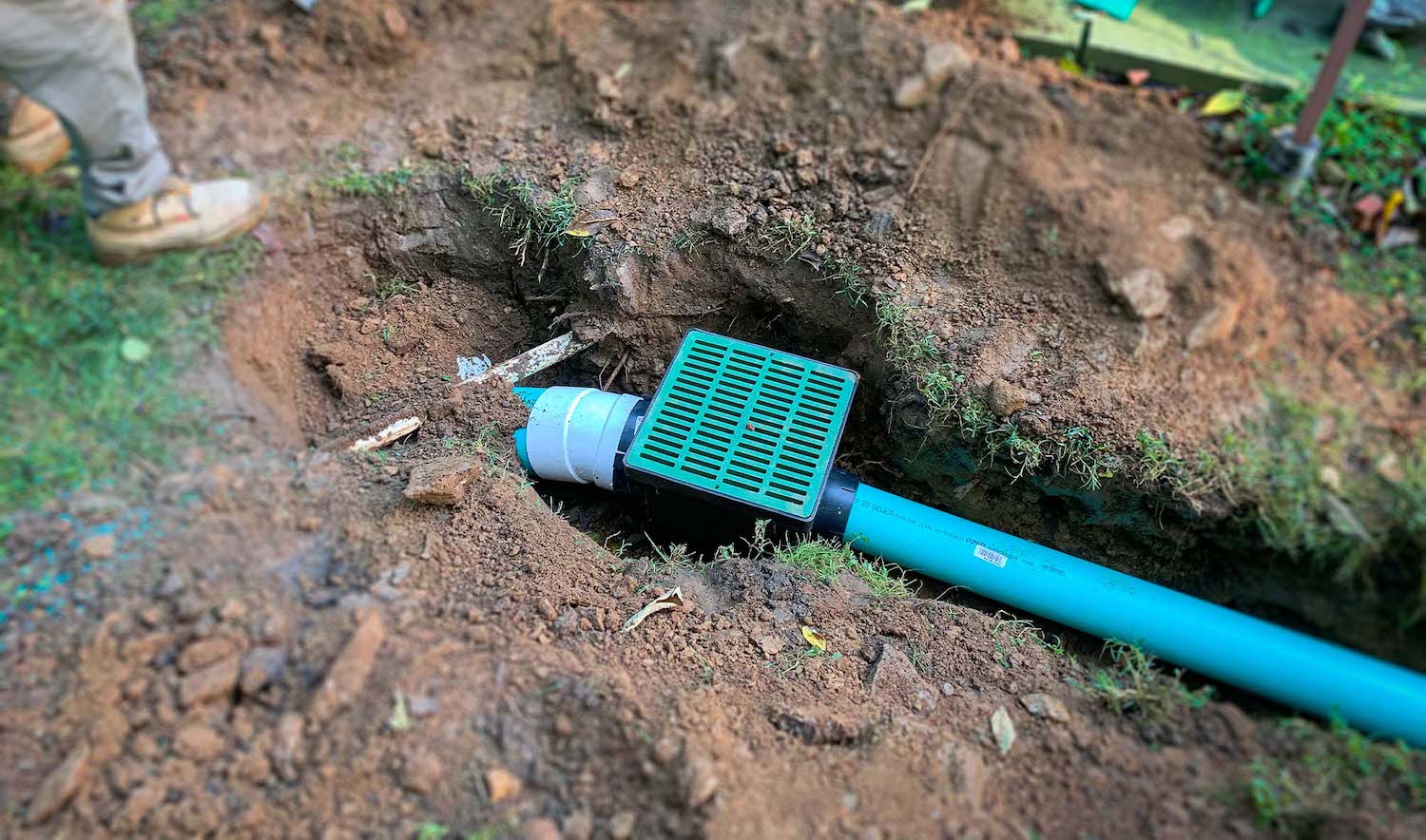
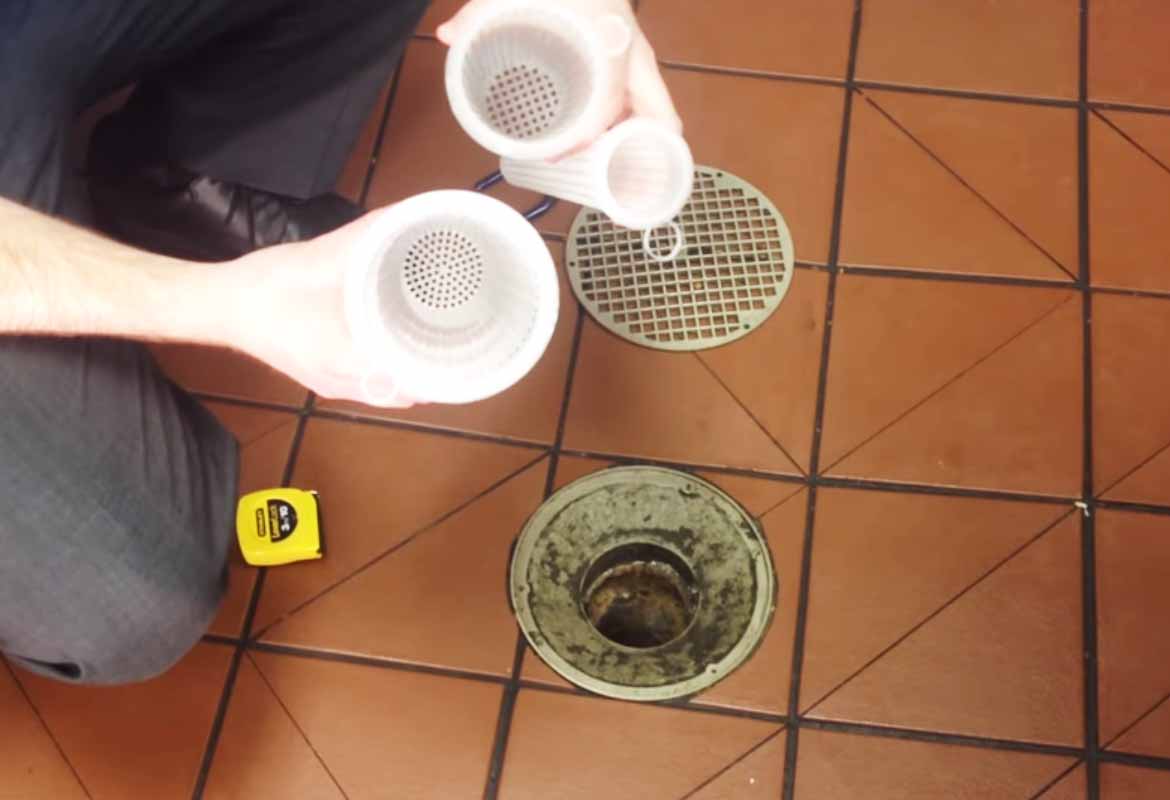

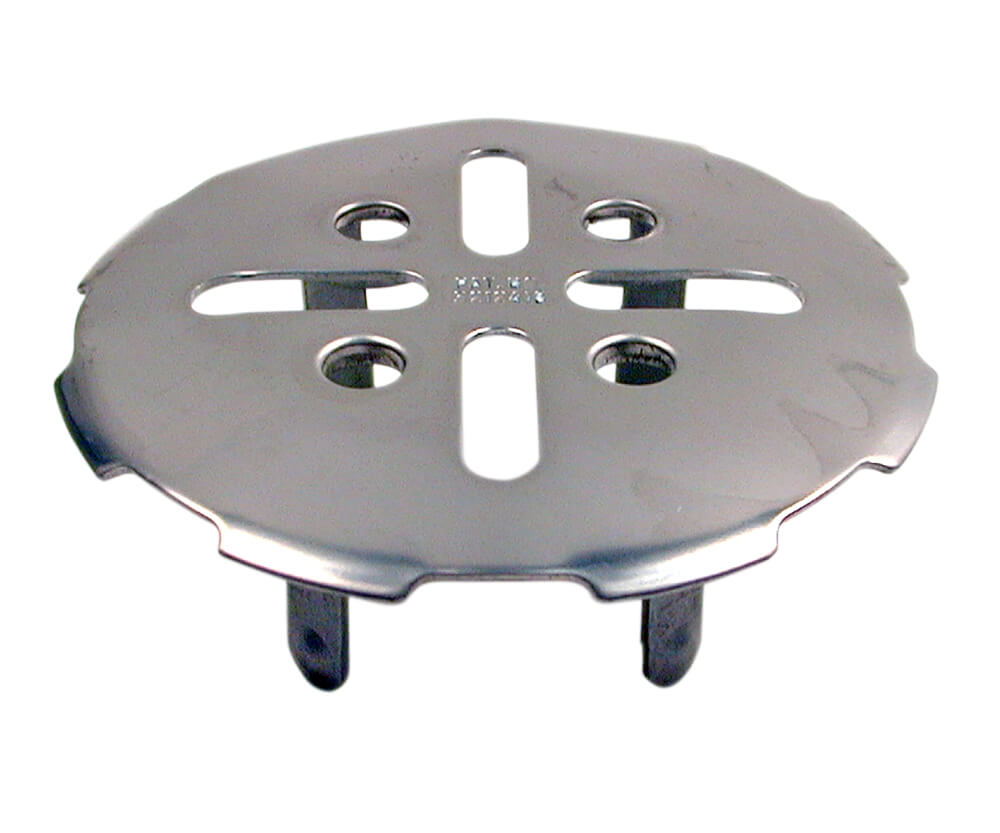
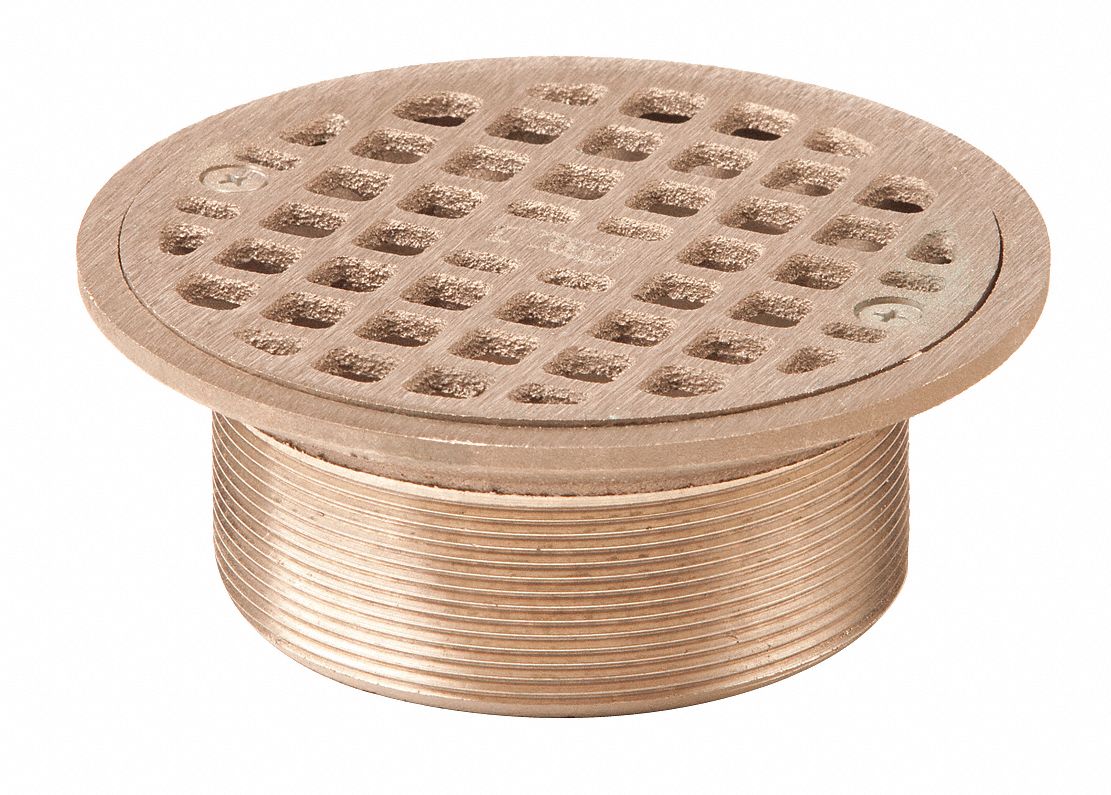


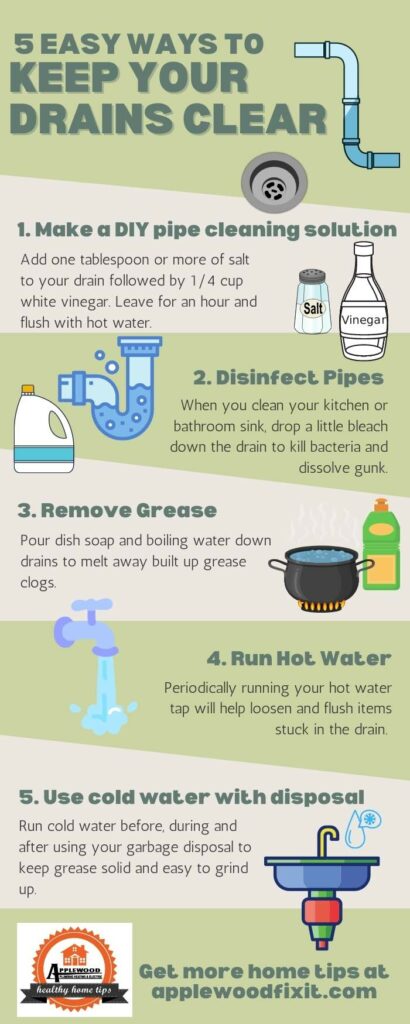
.png)


